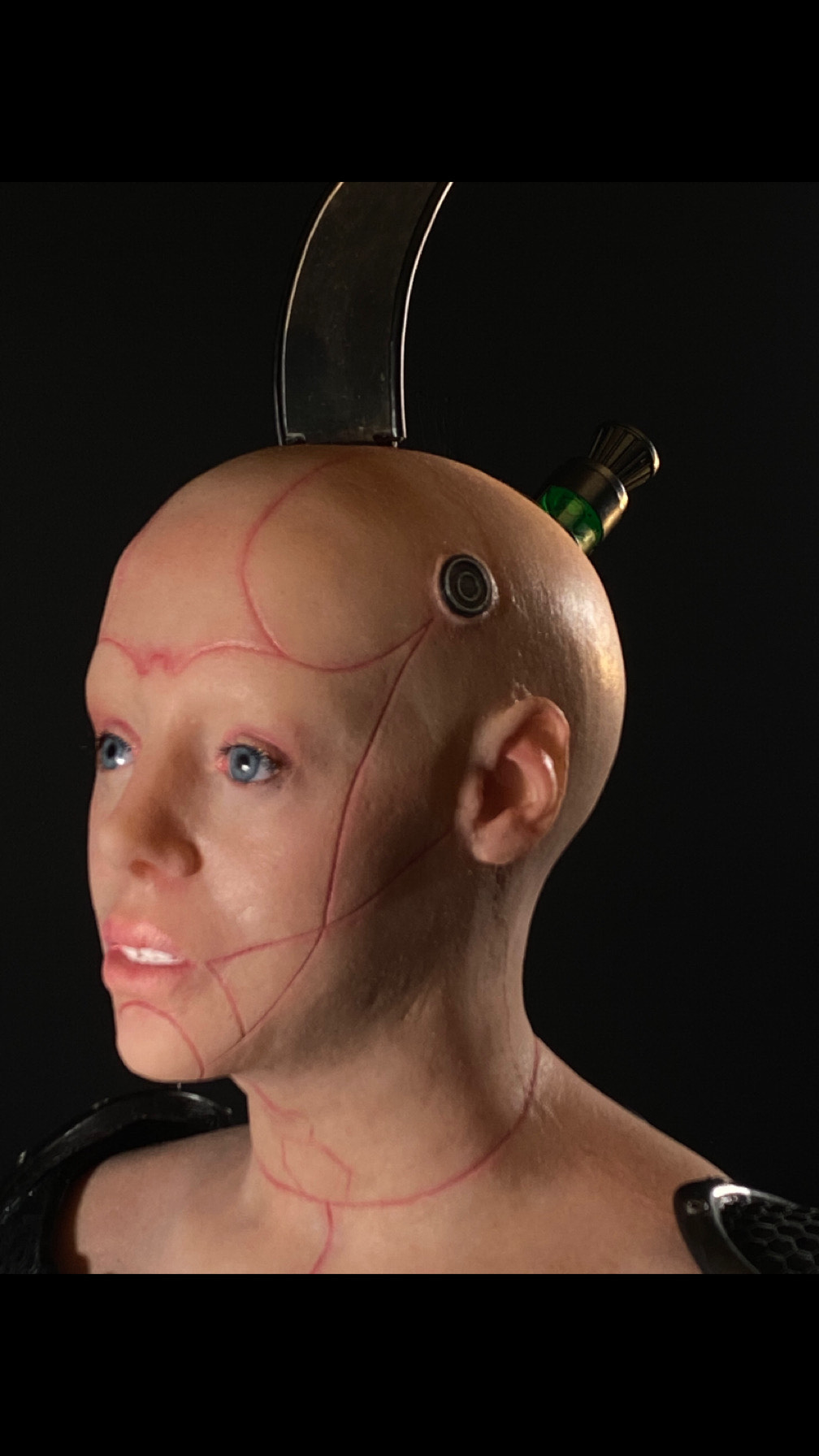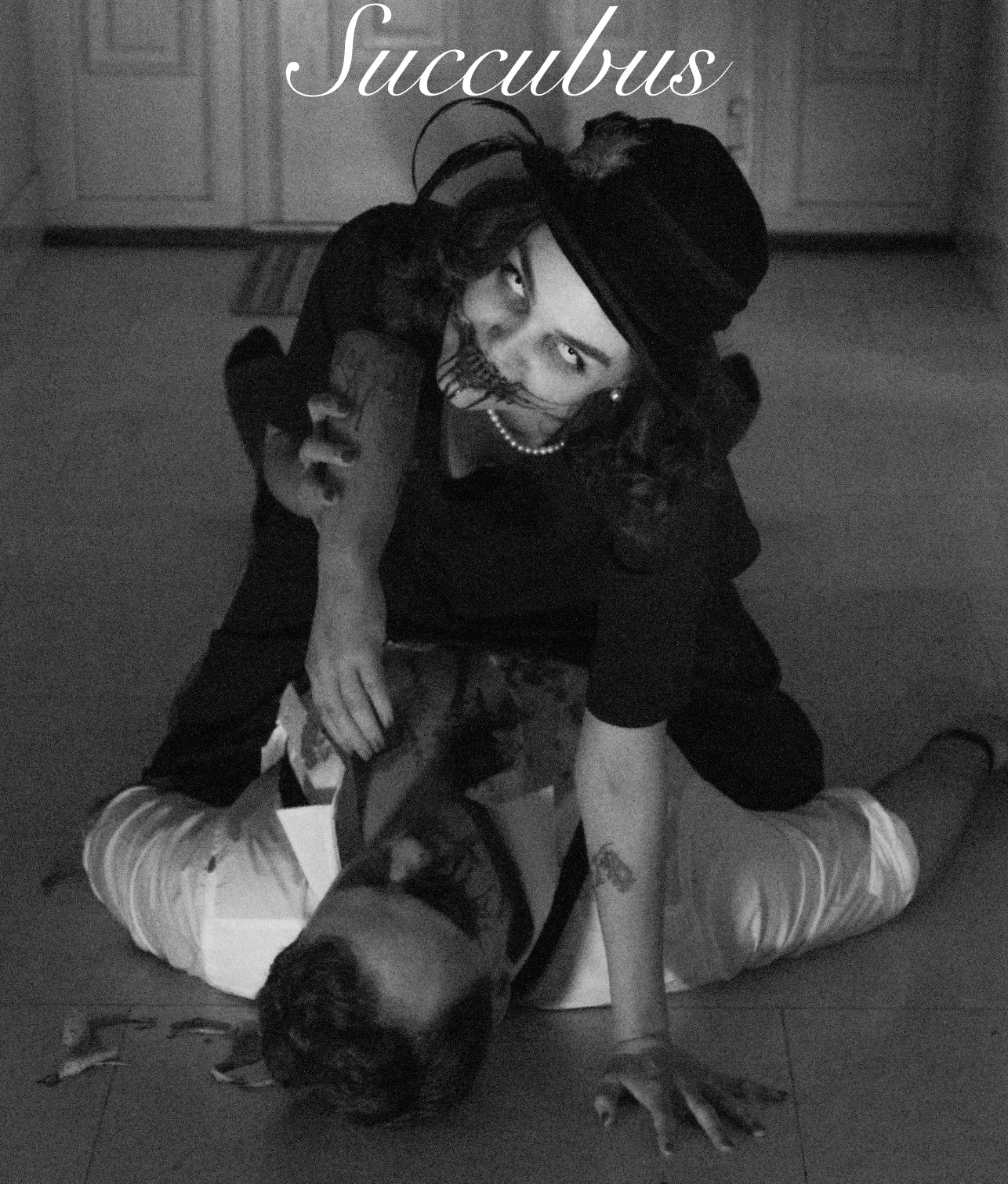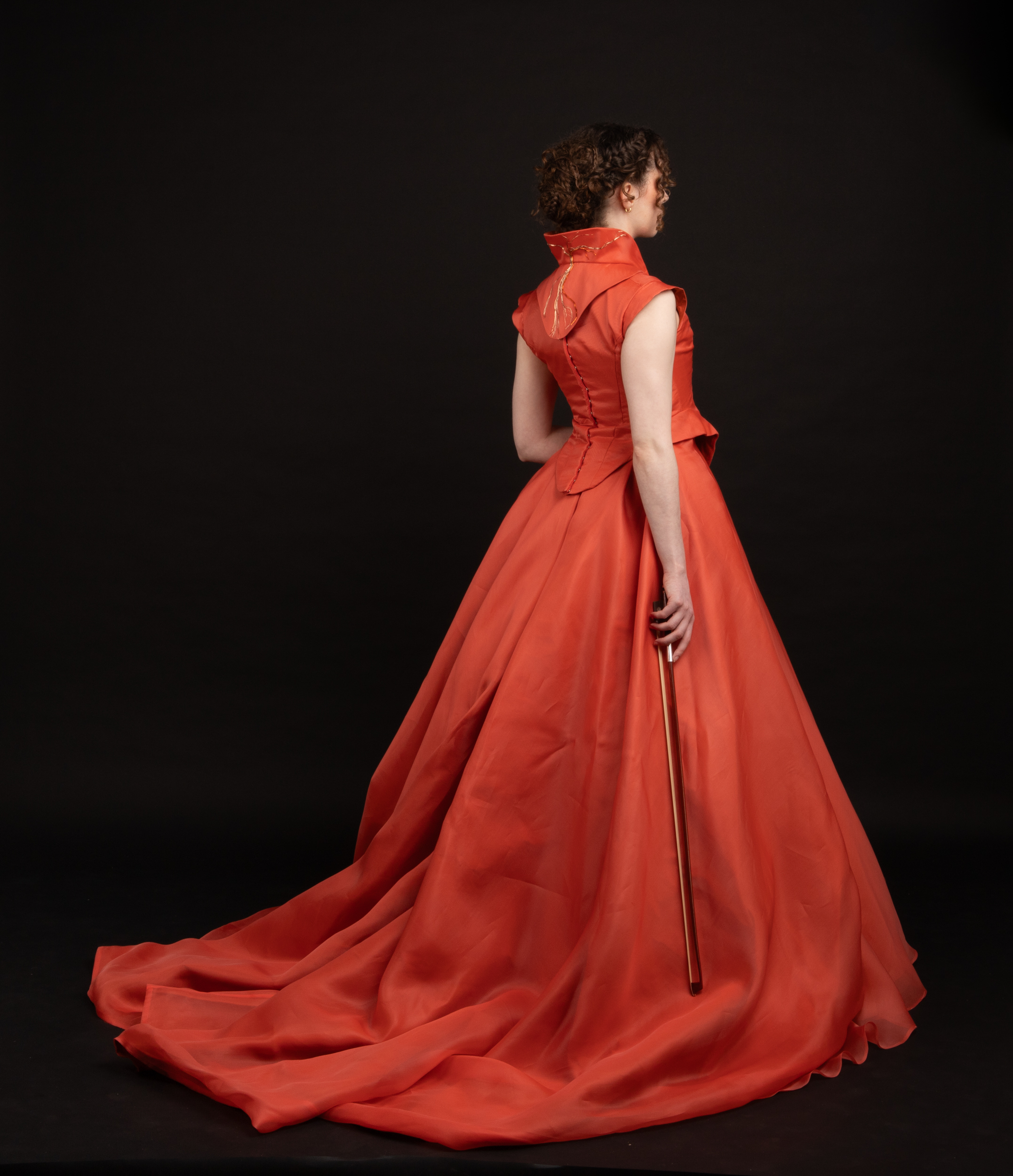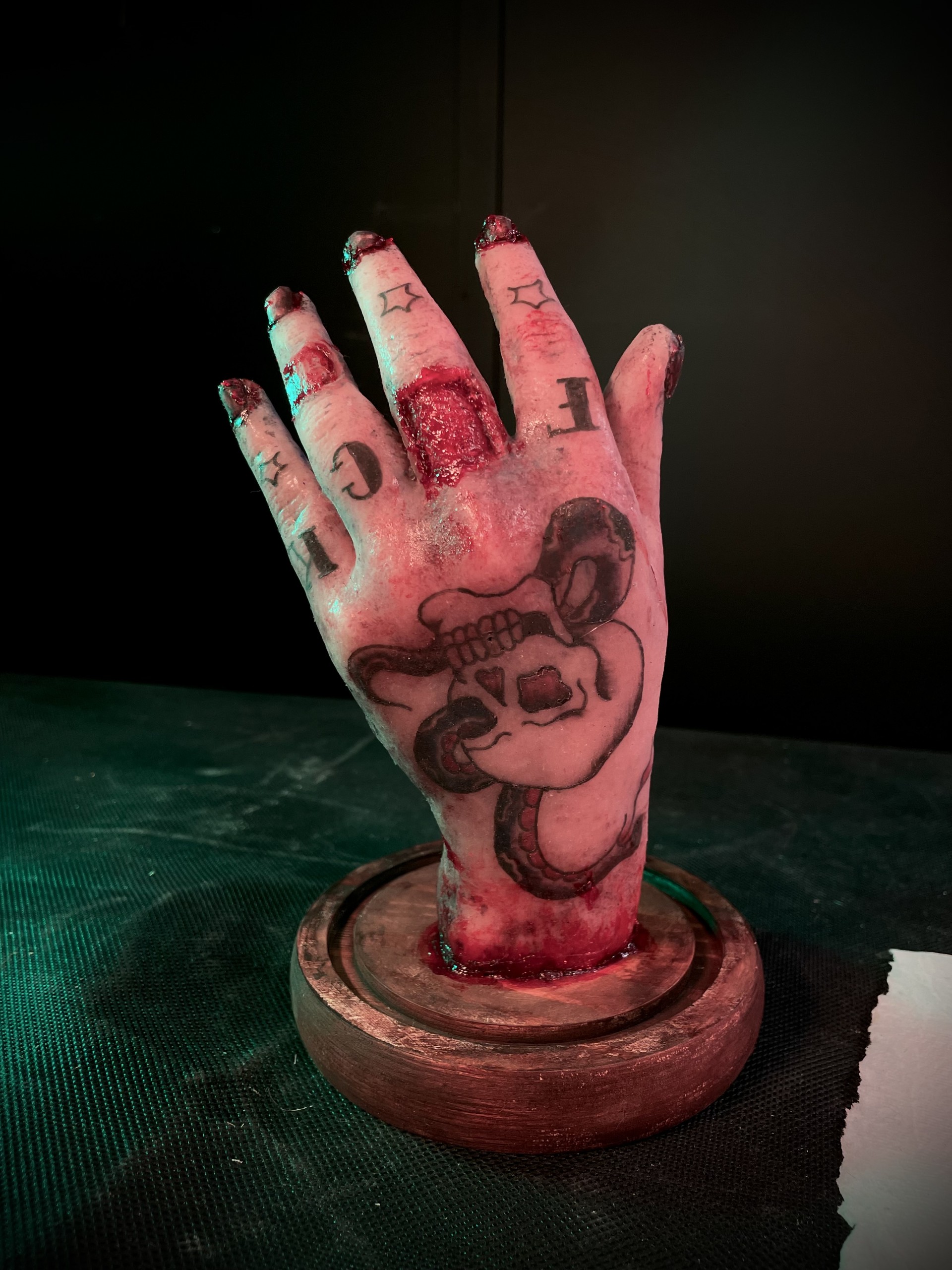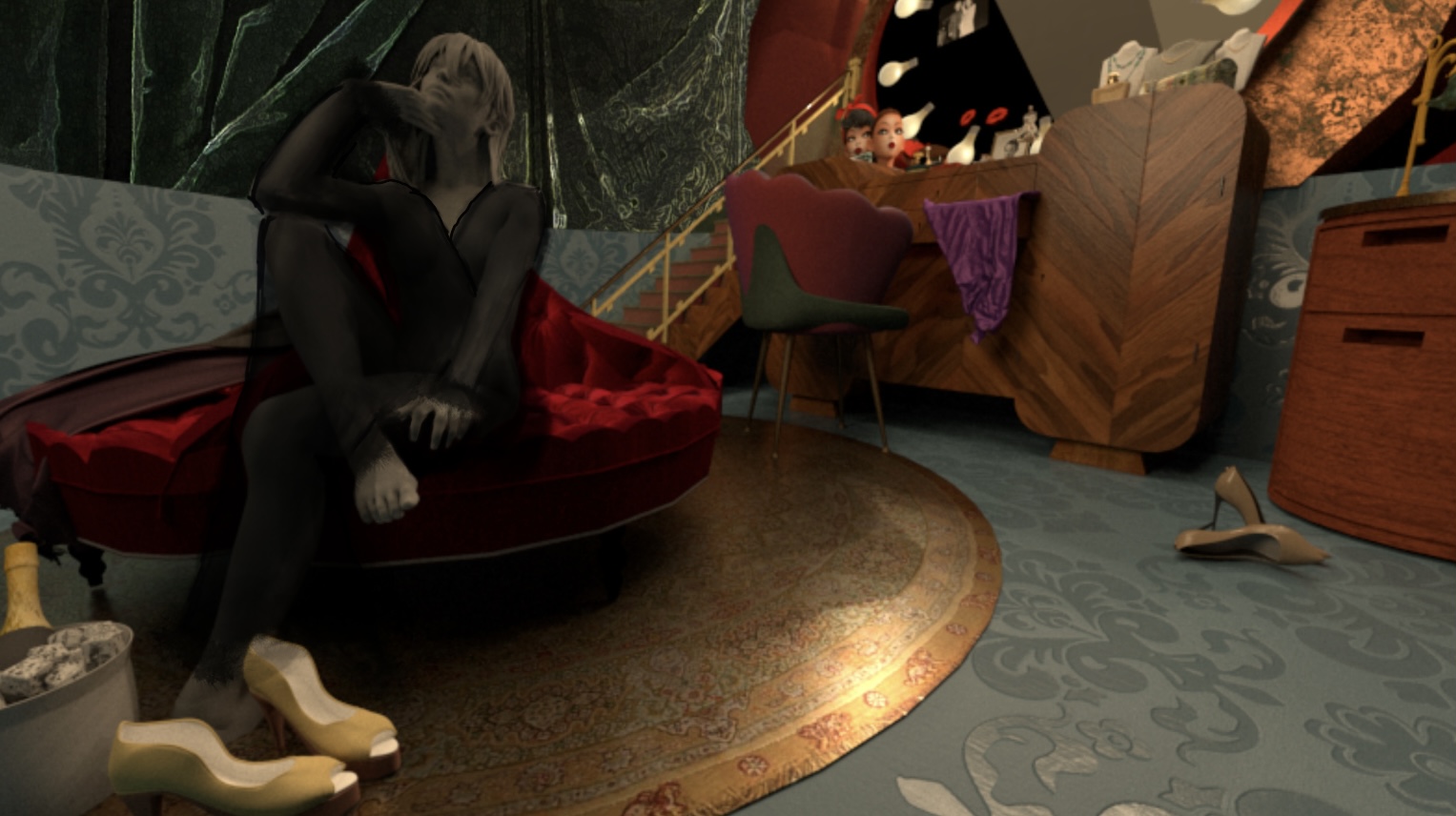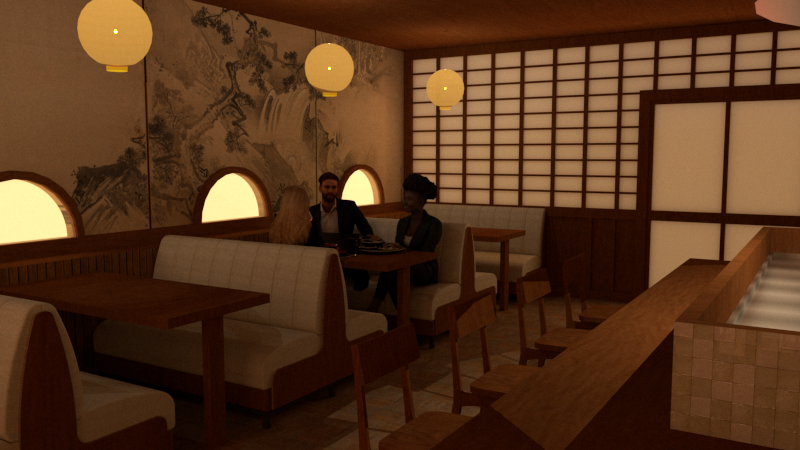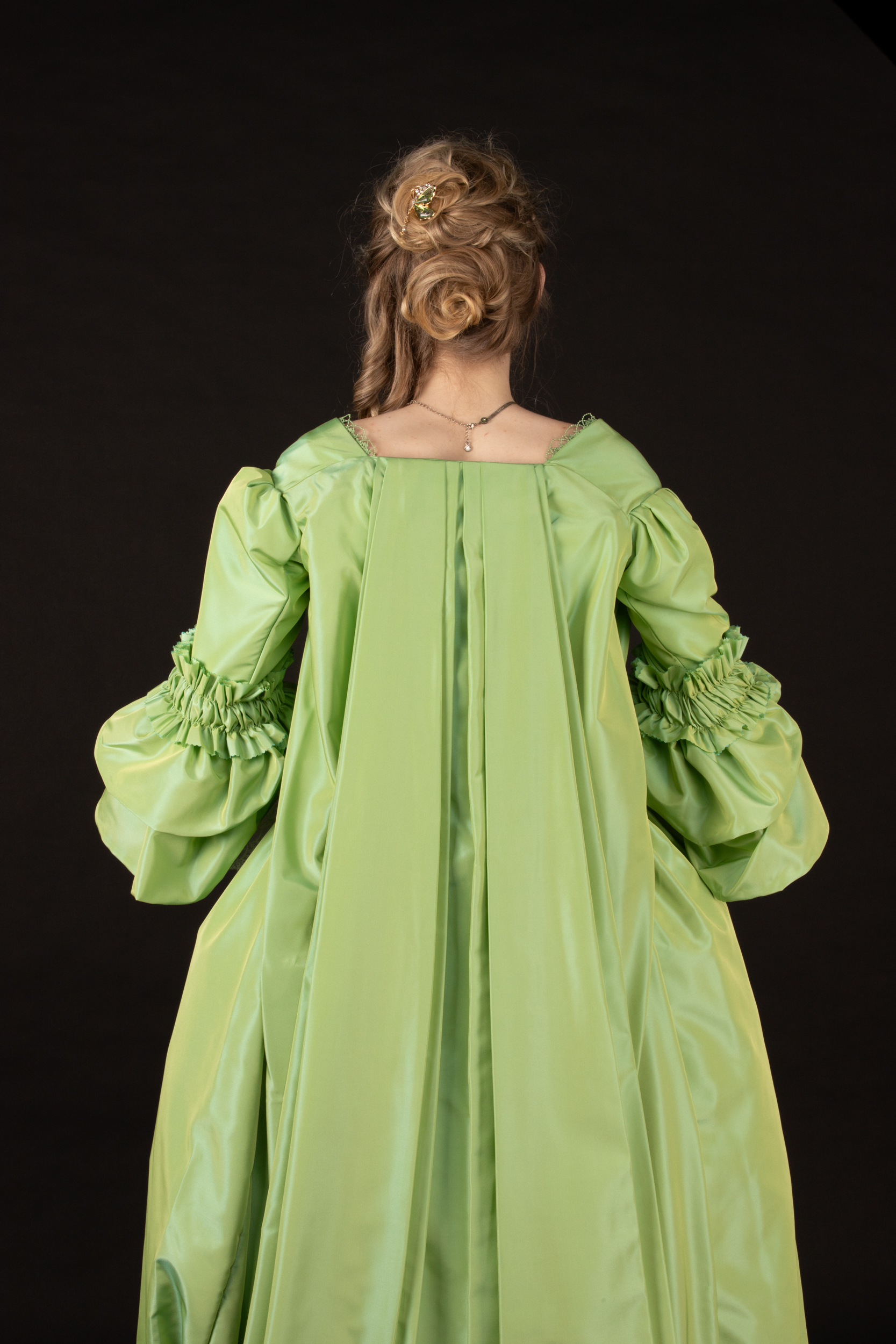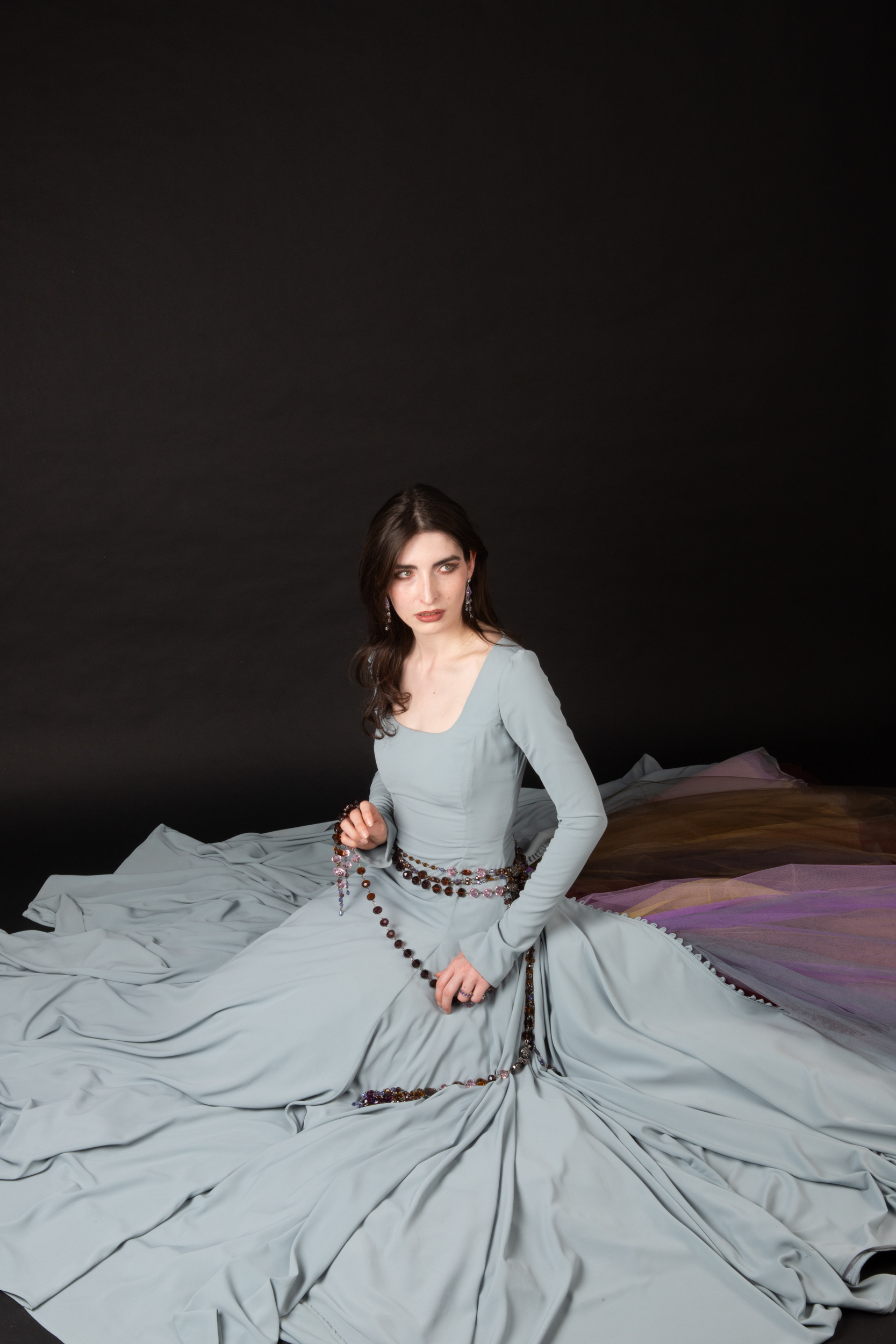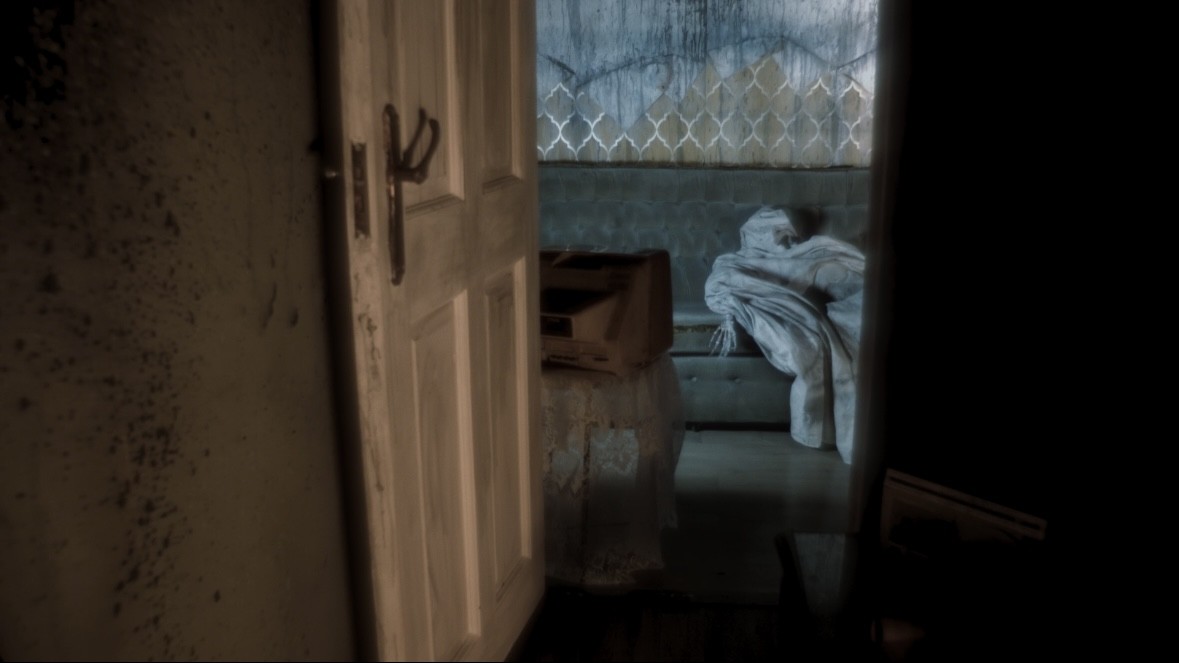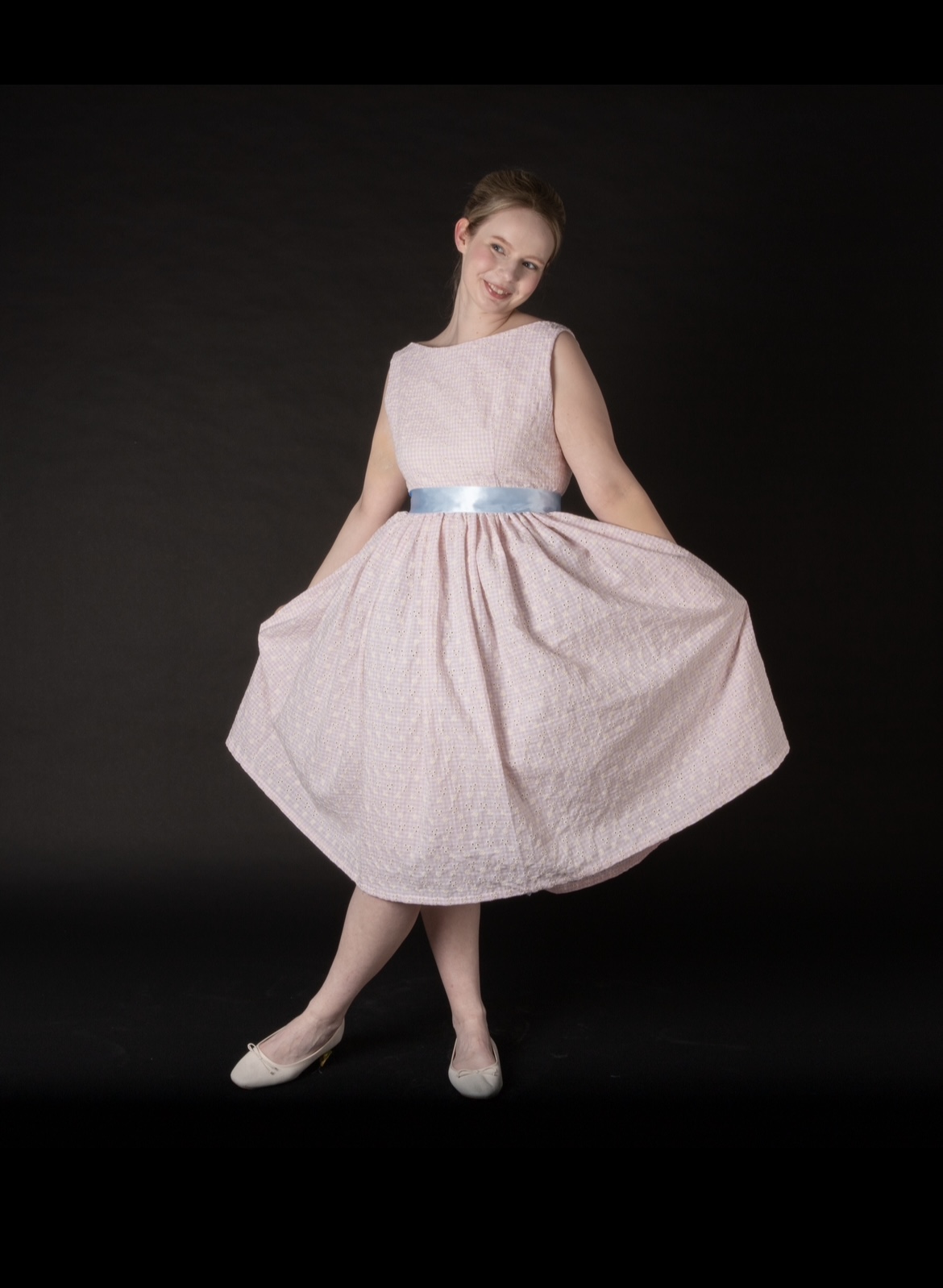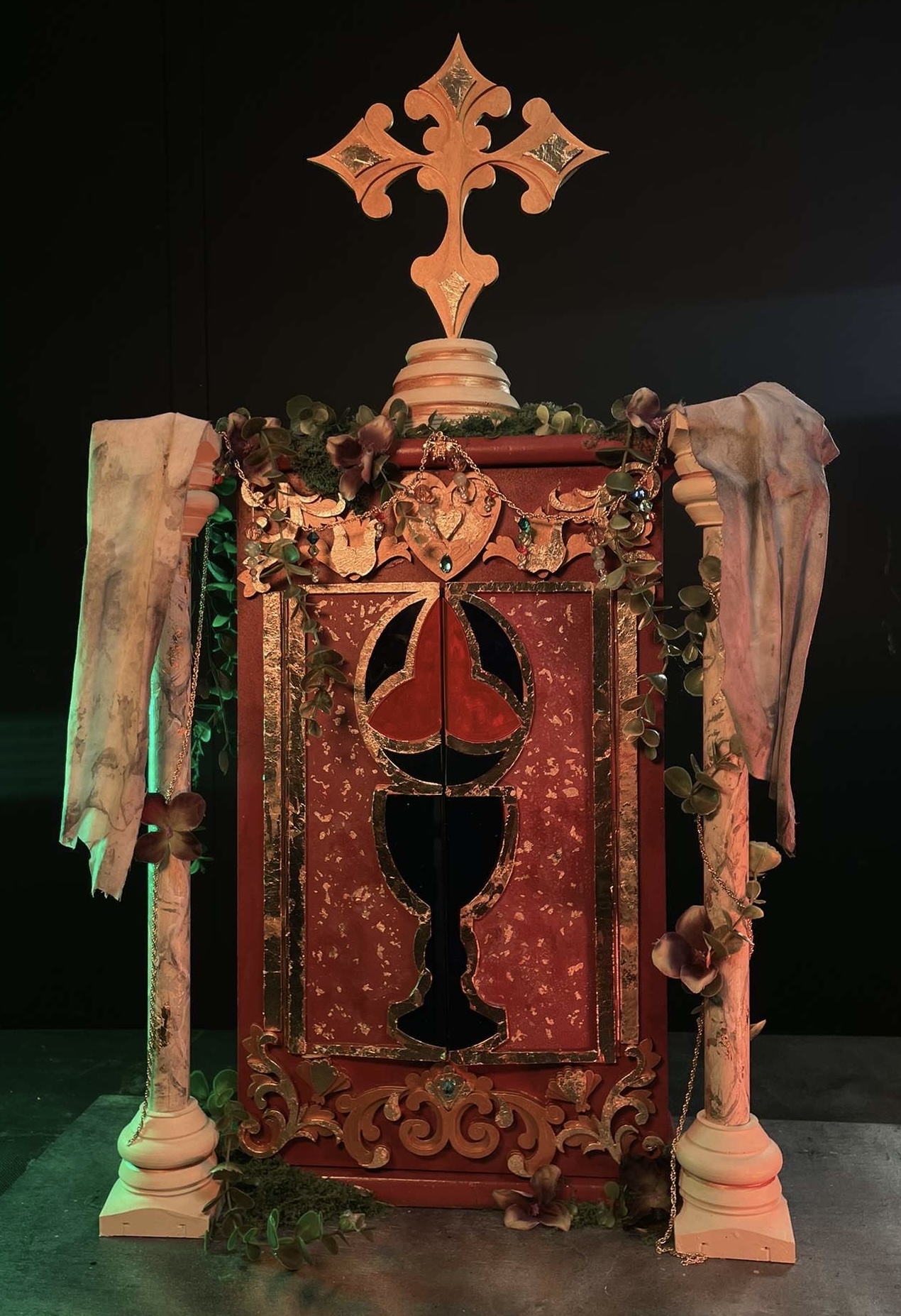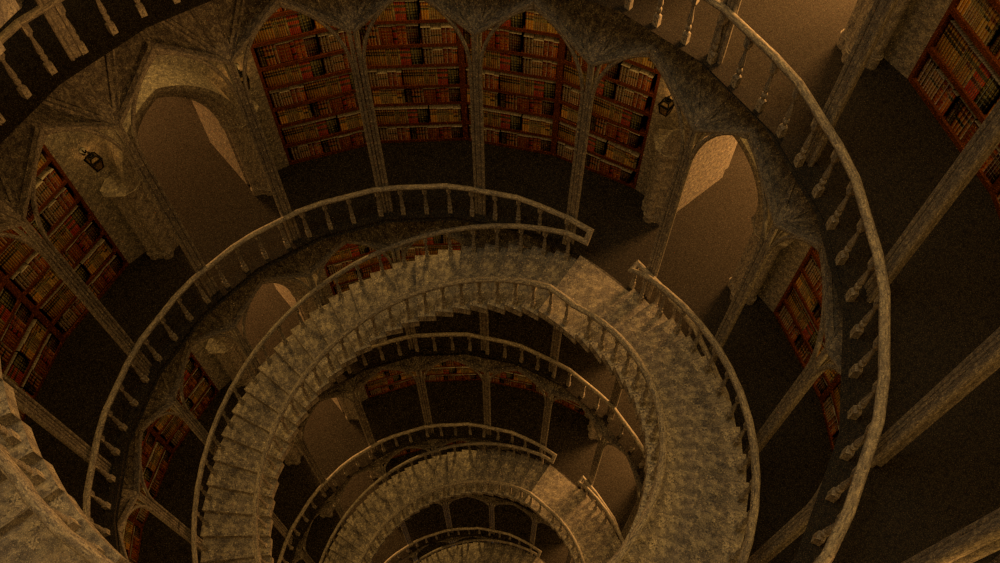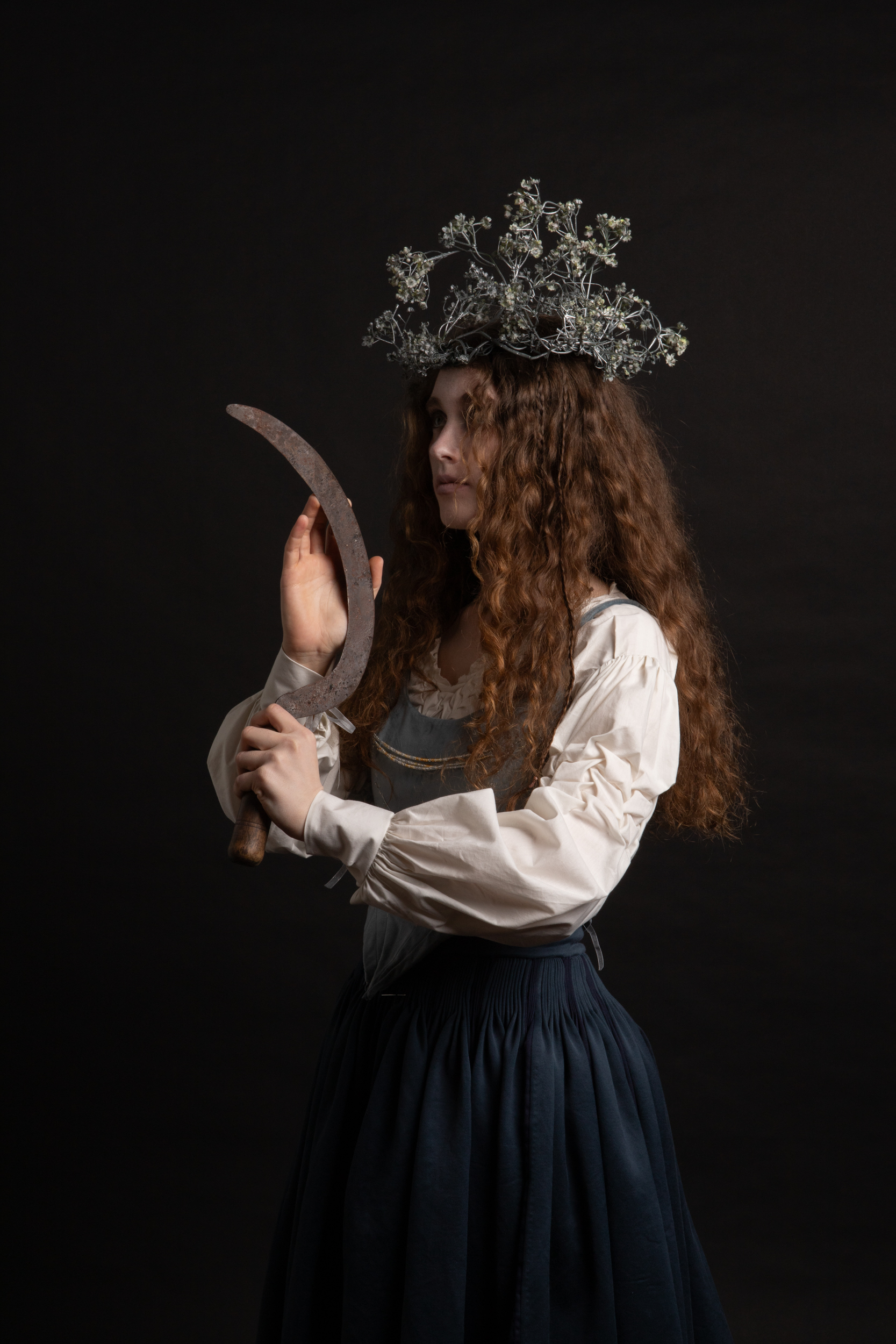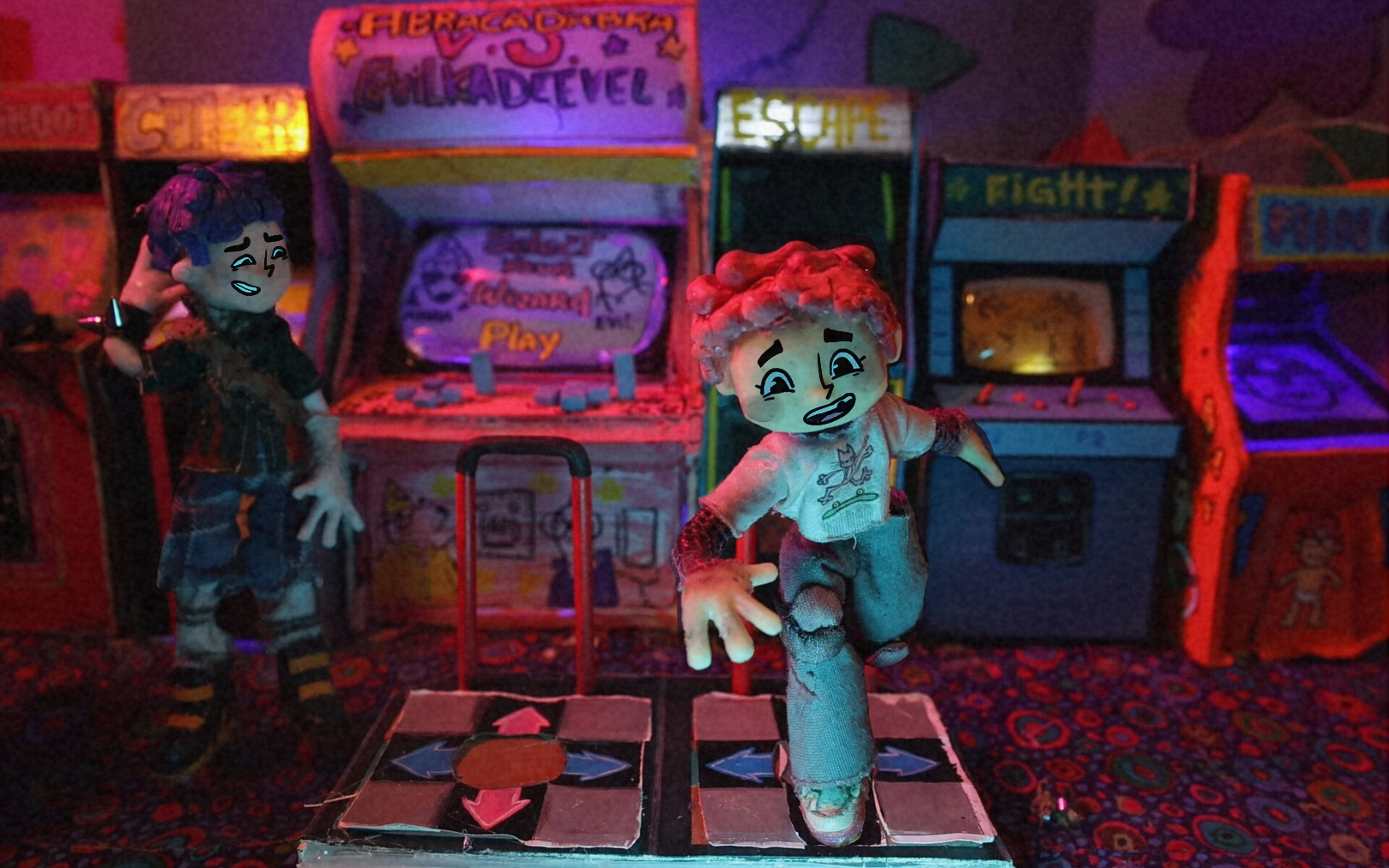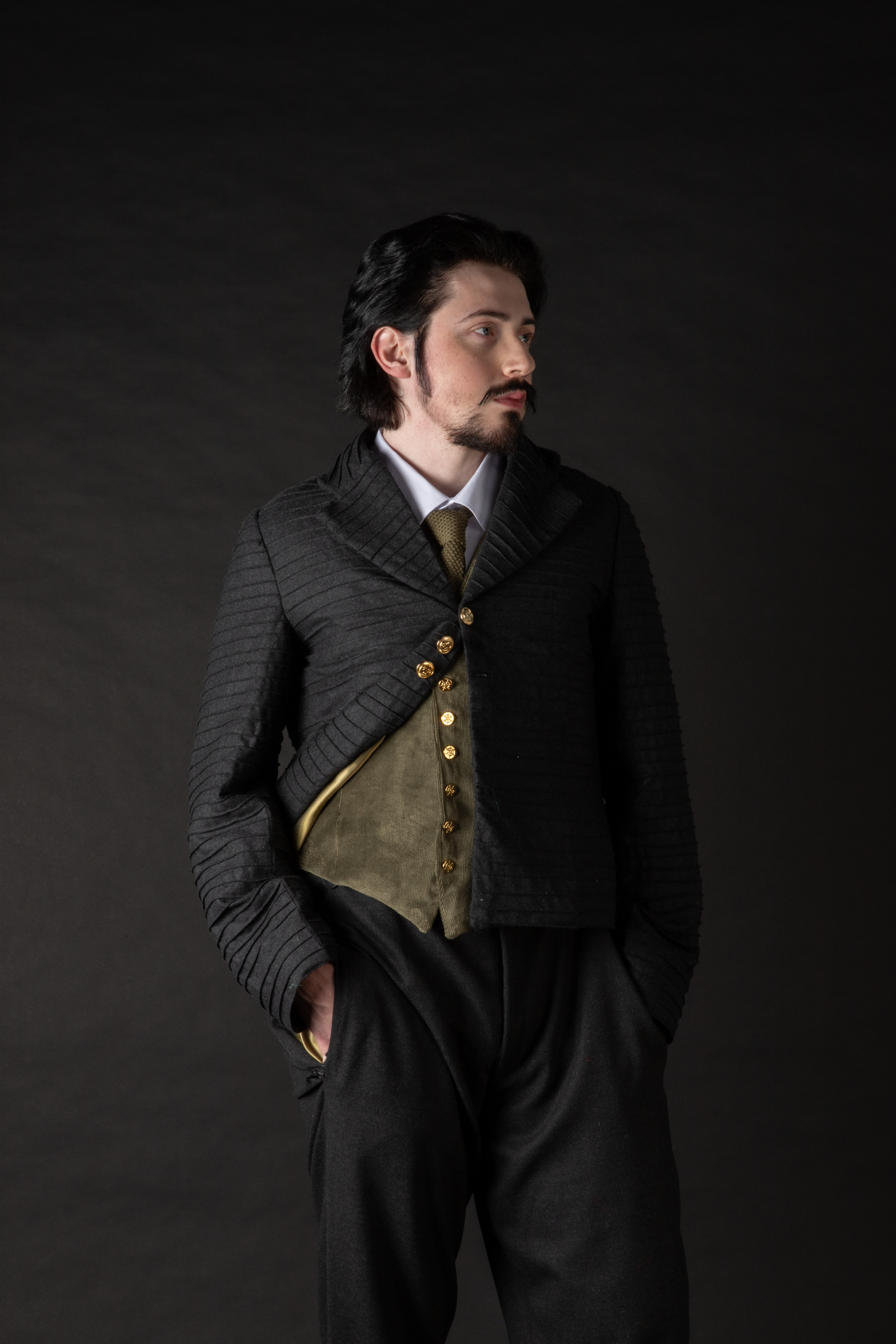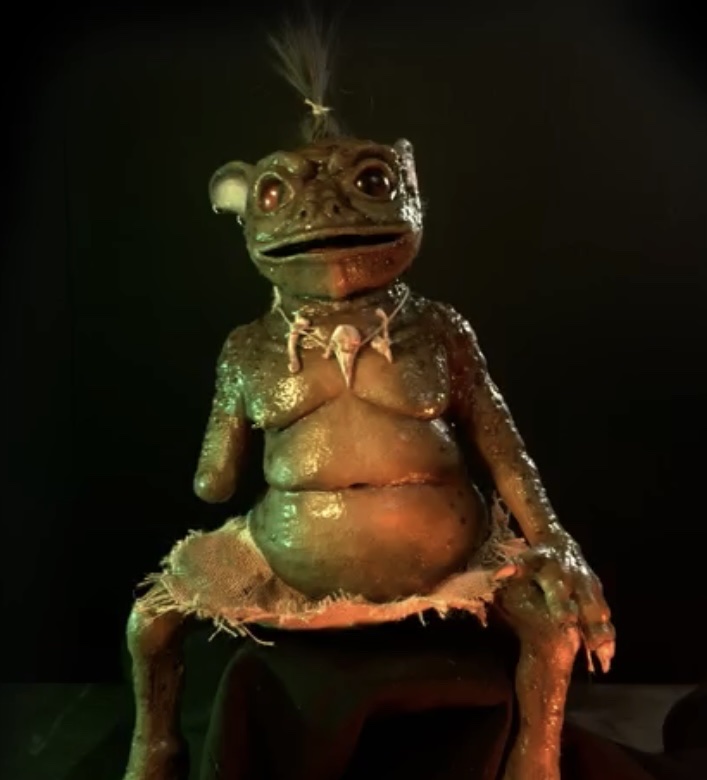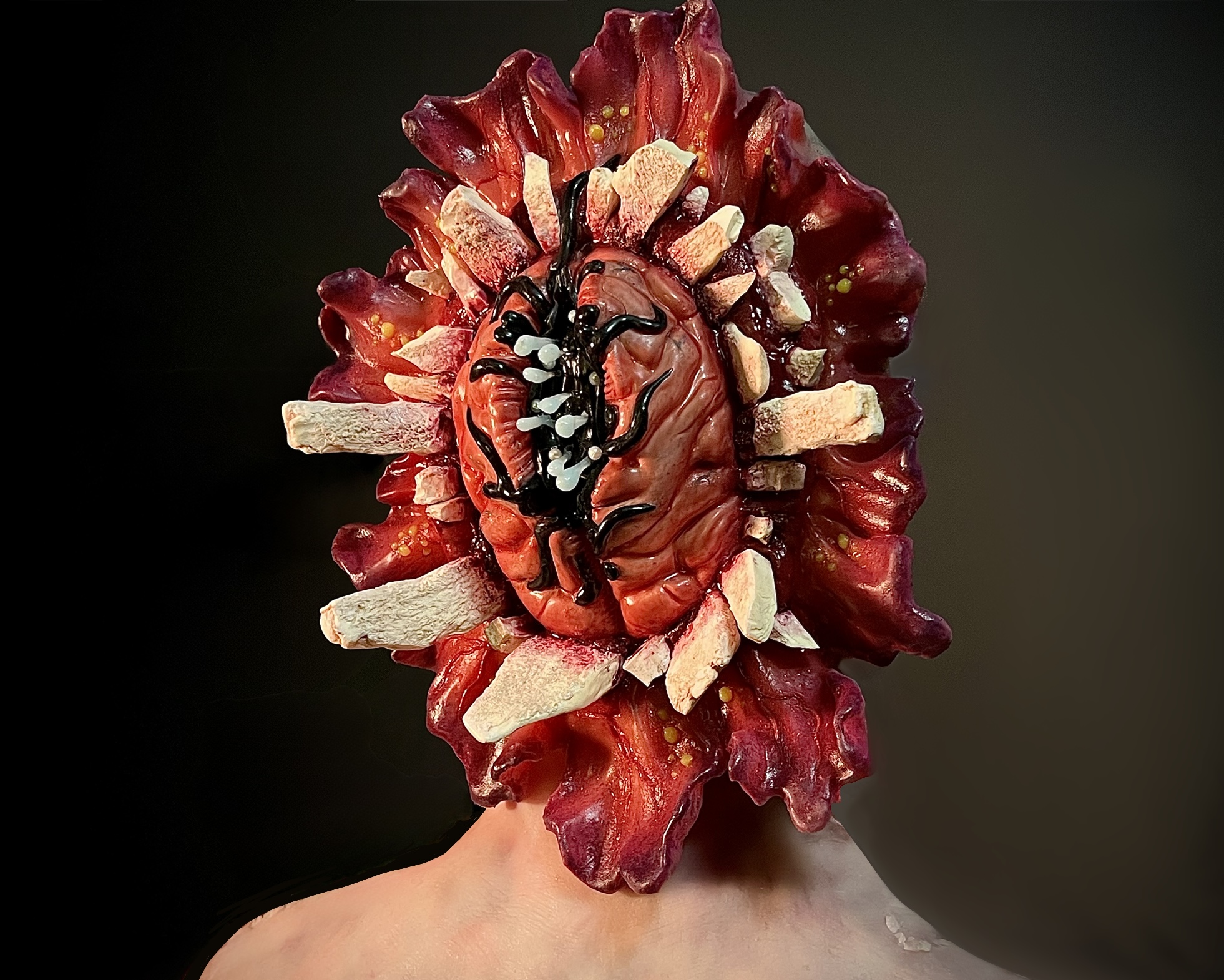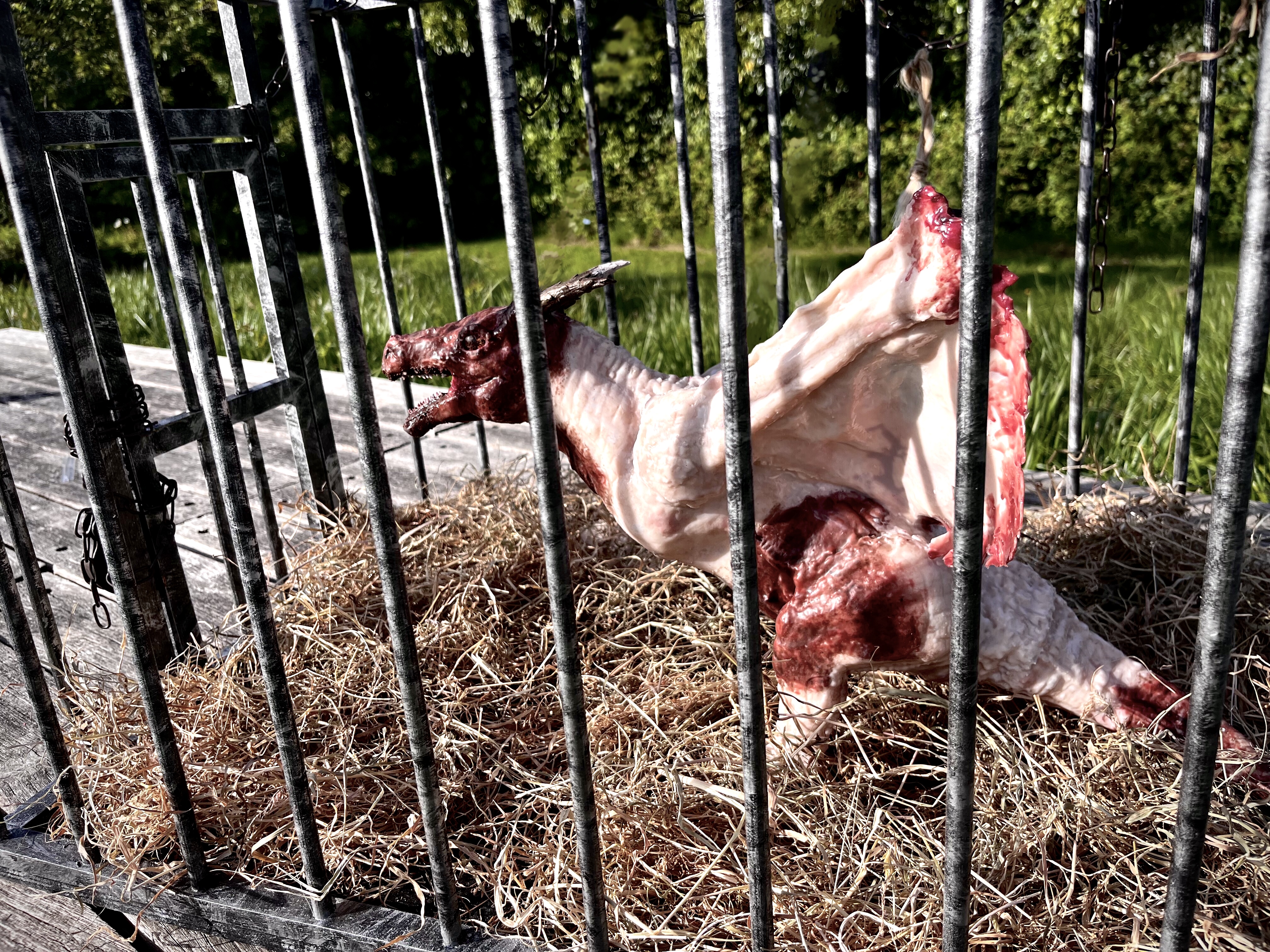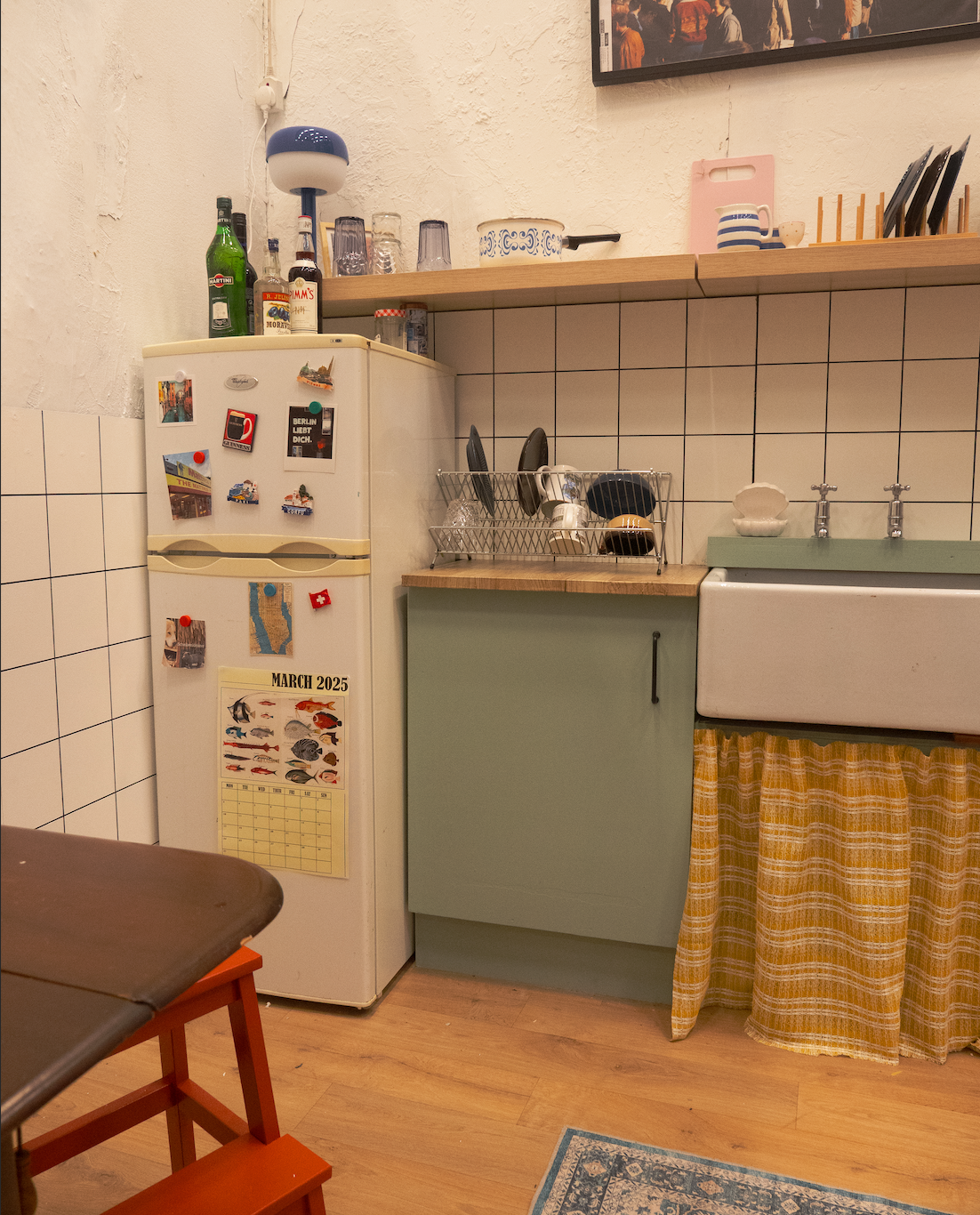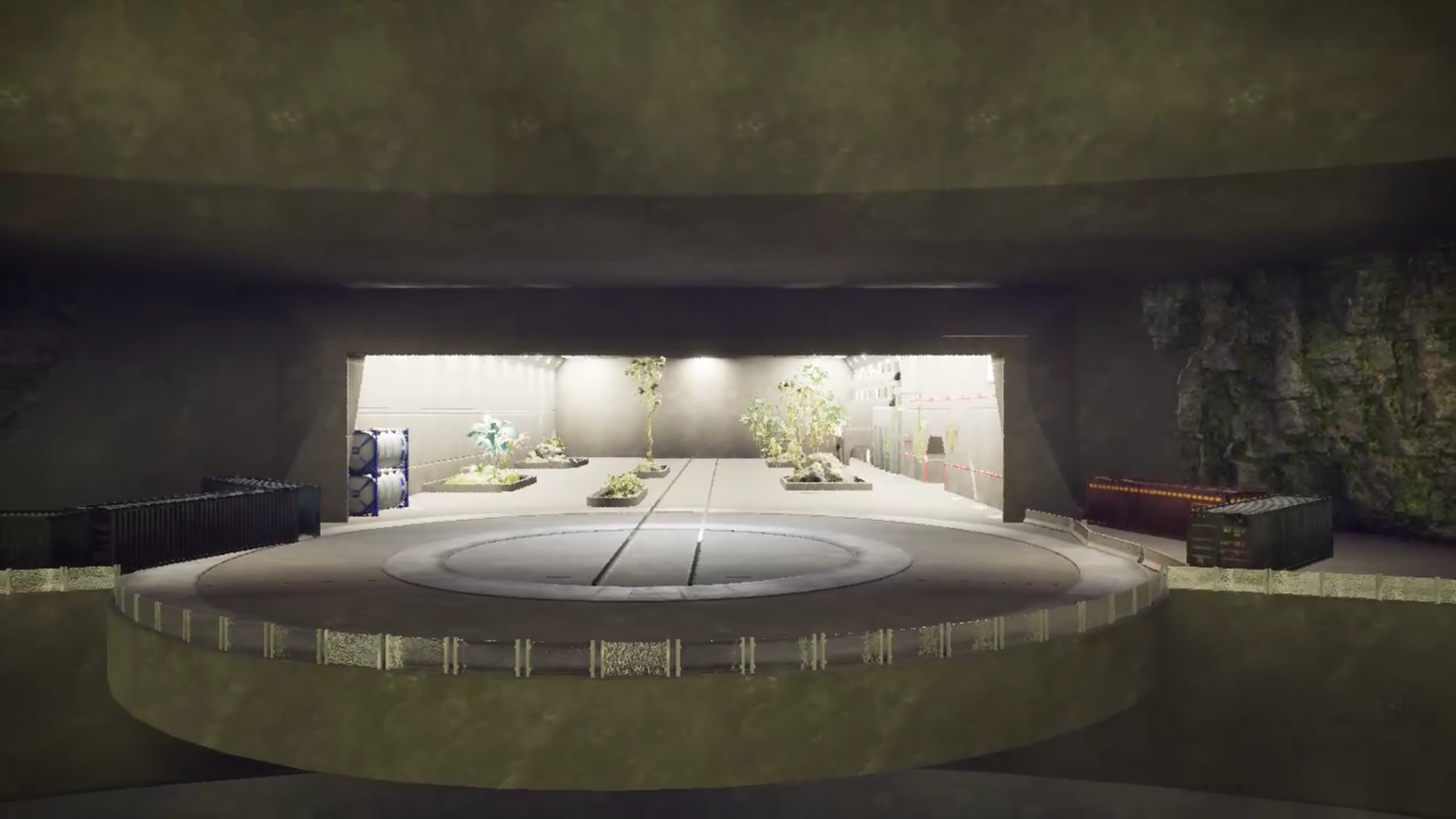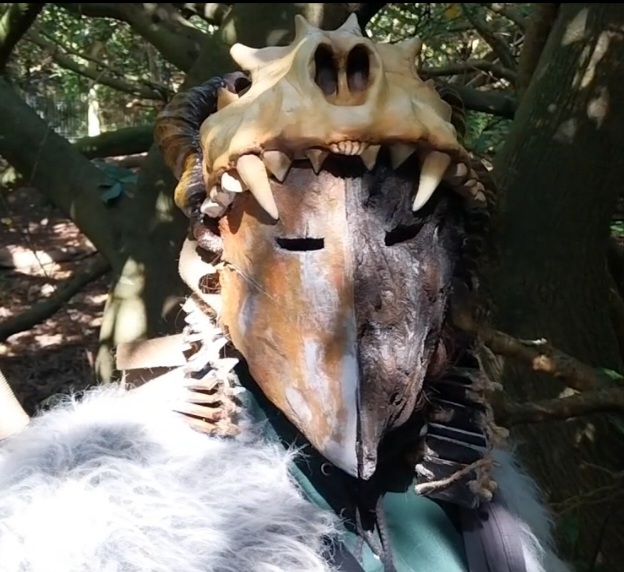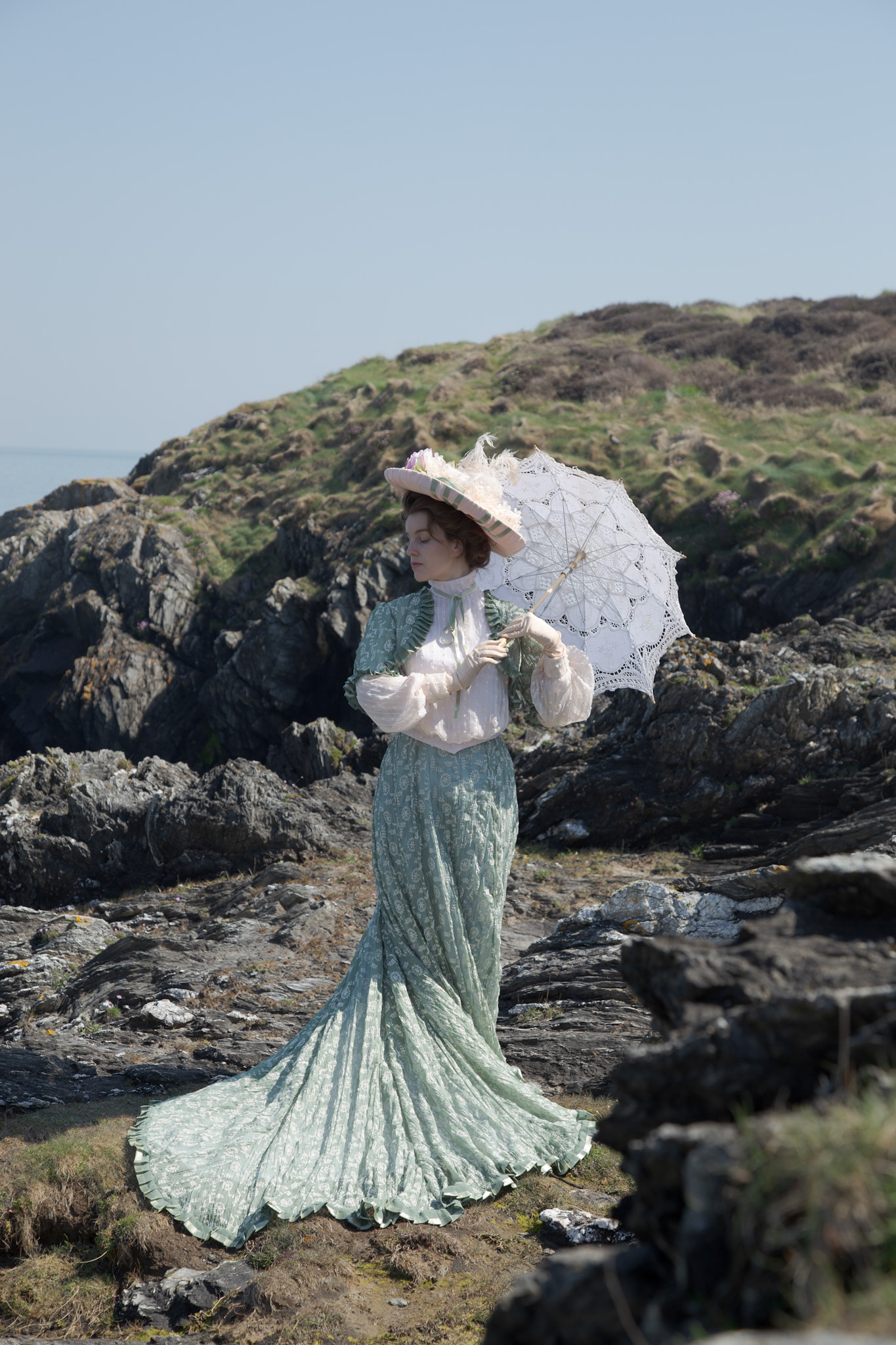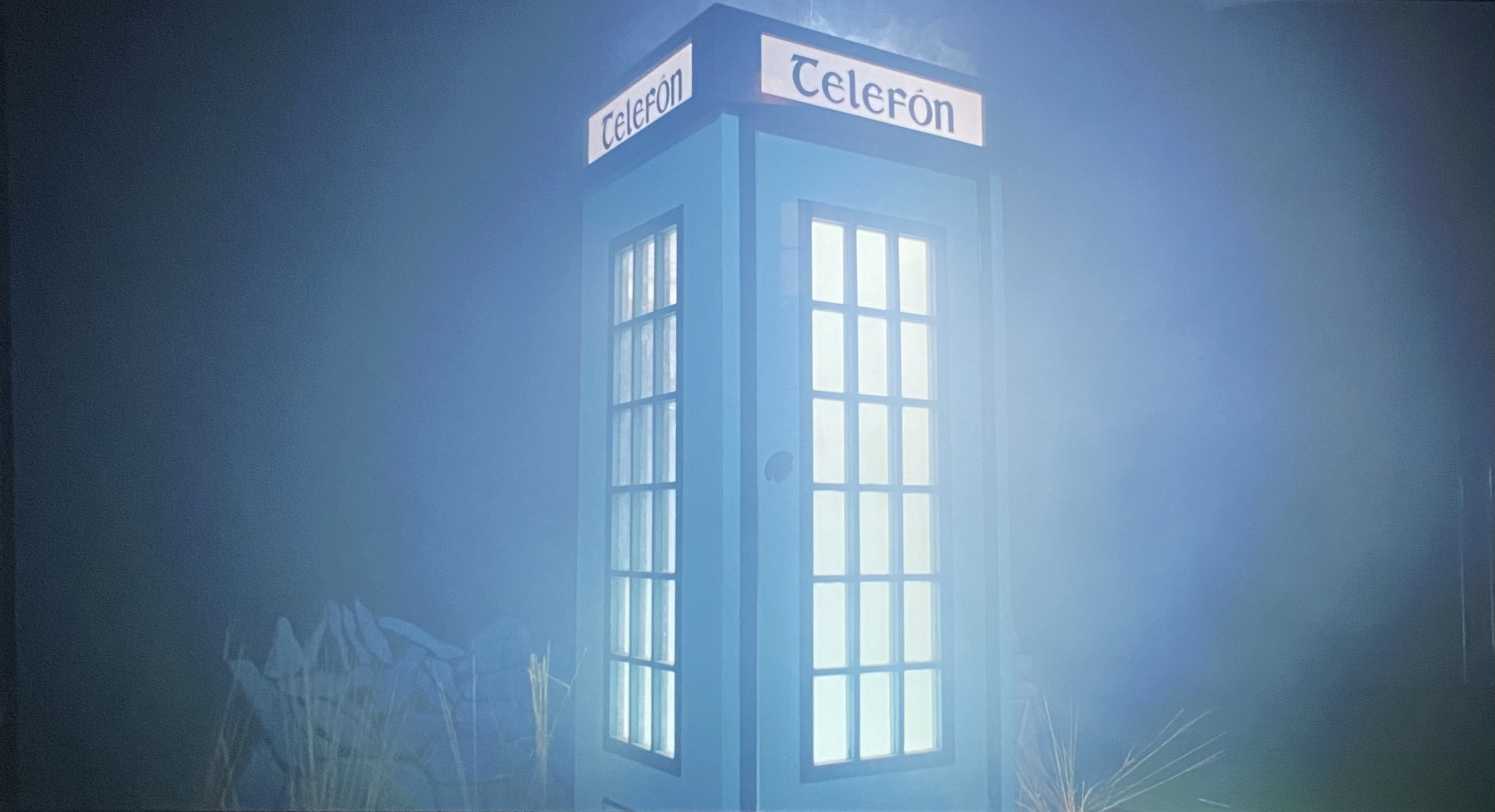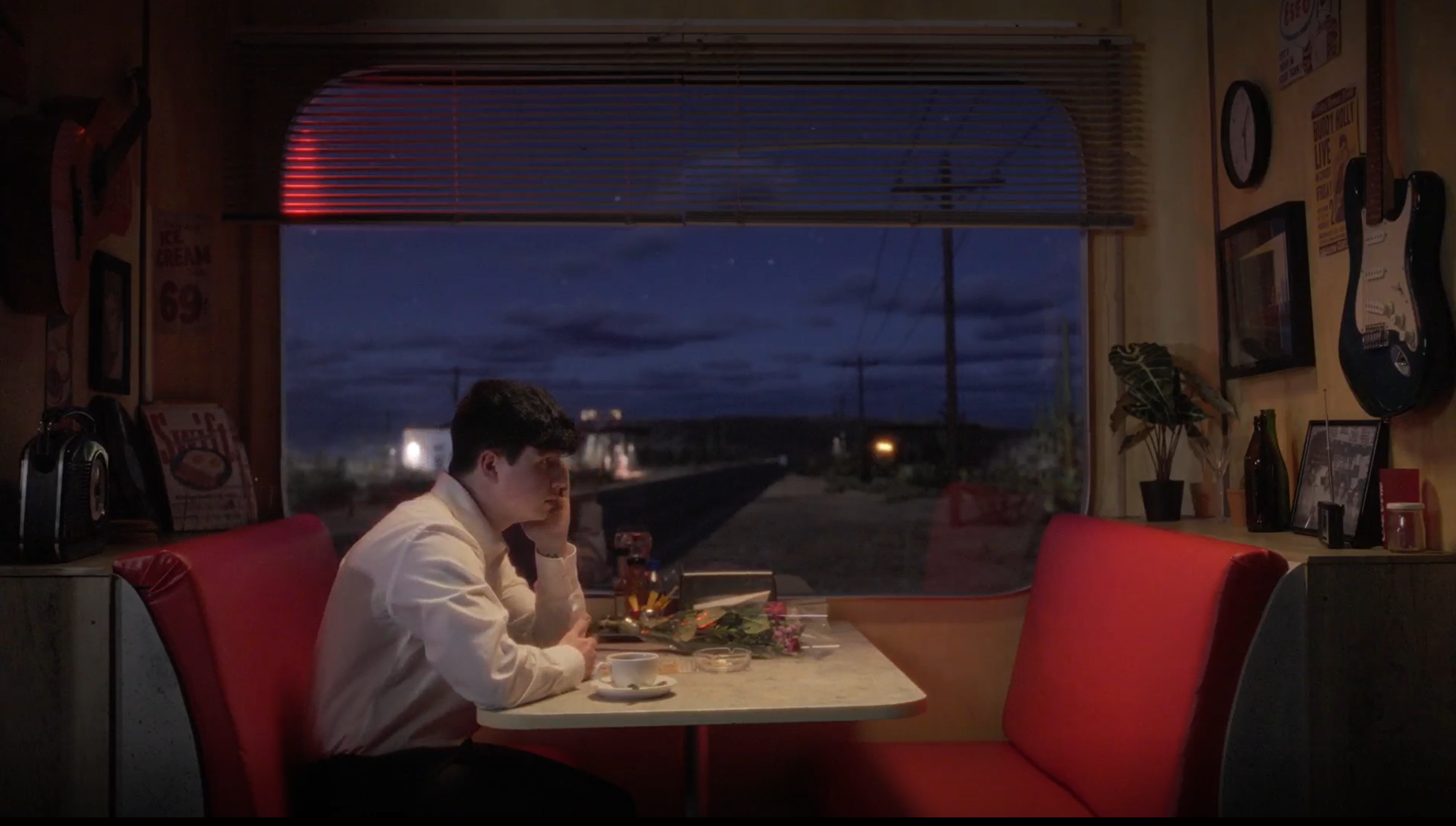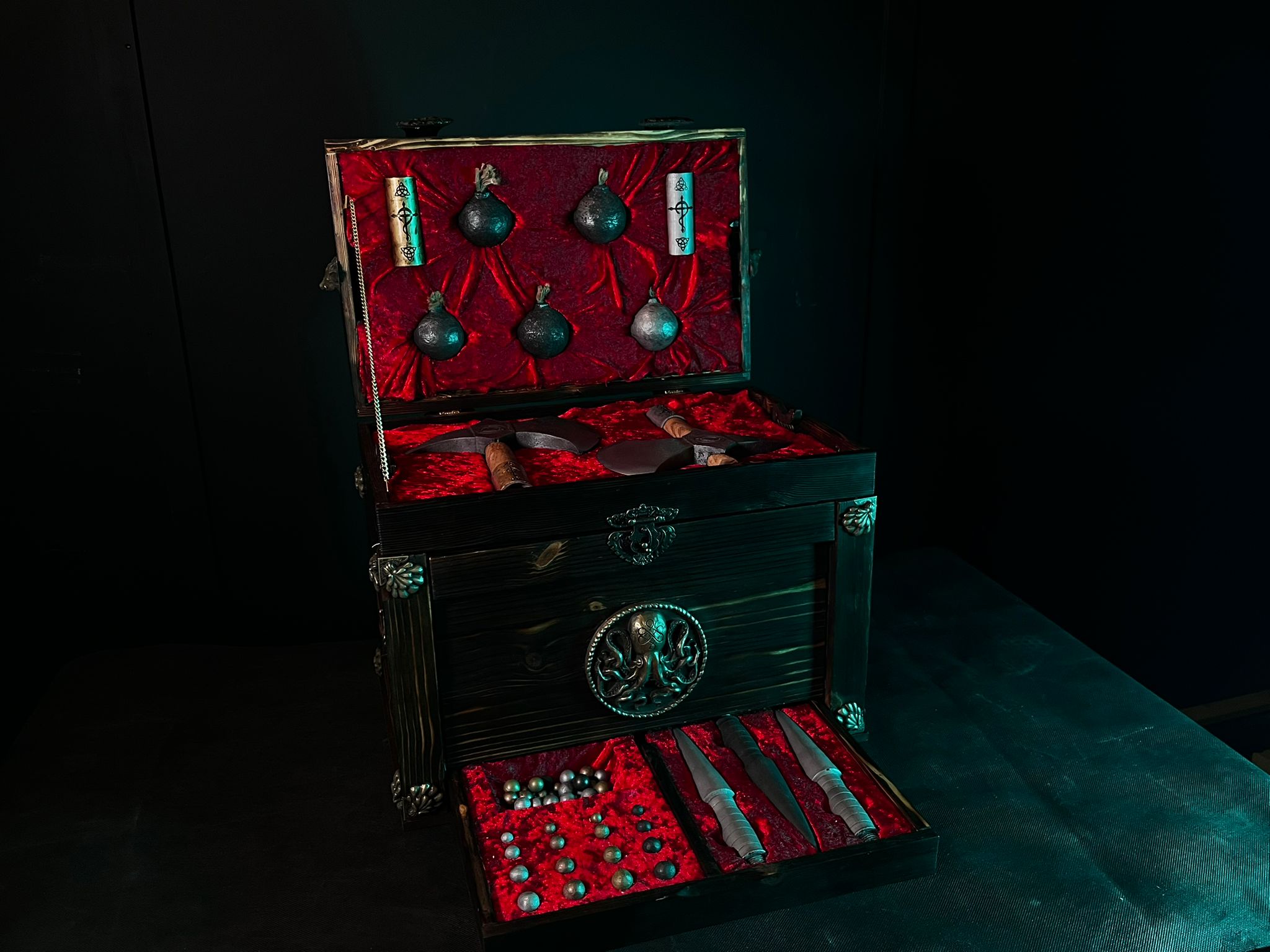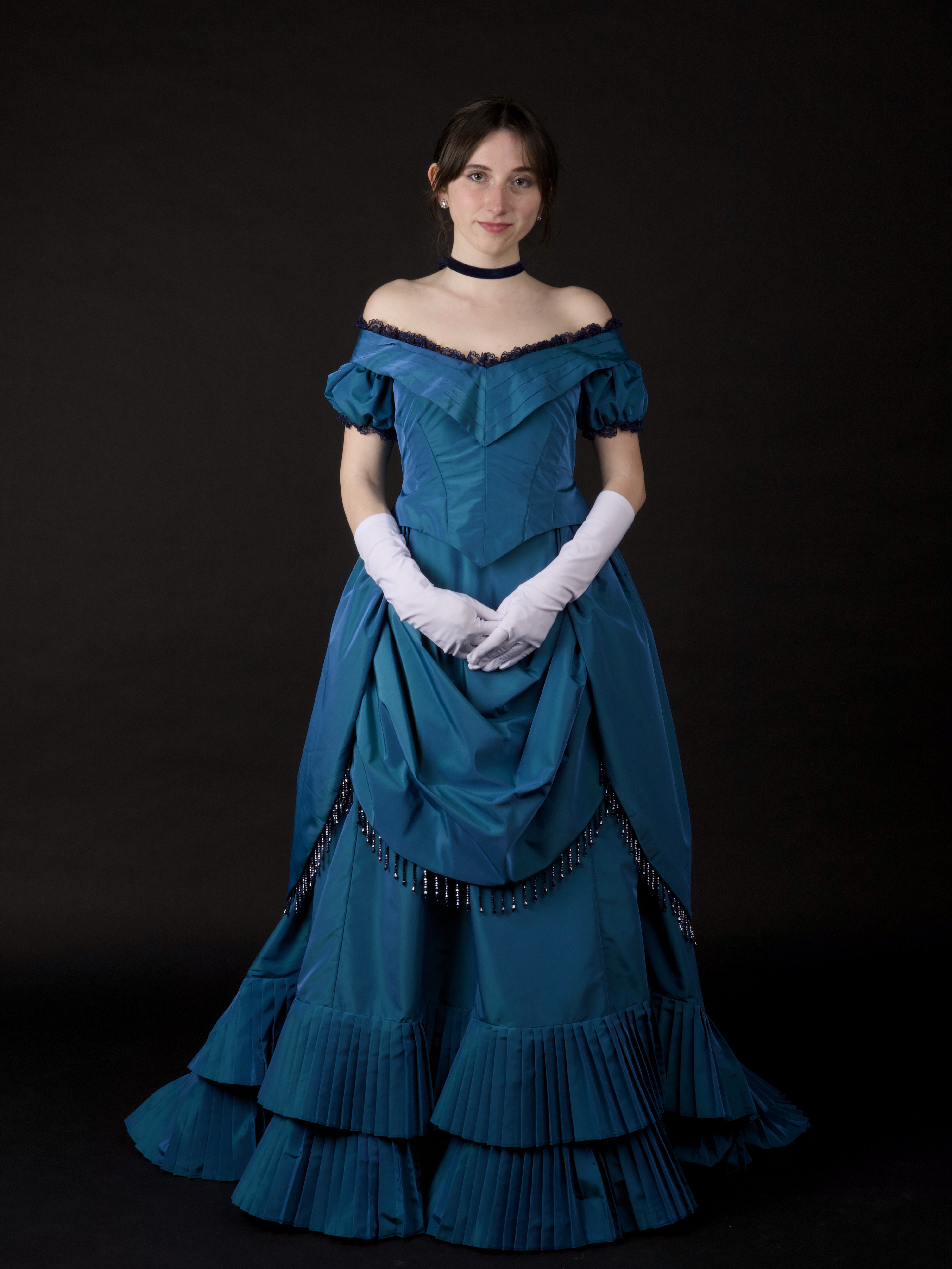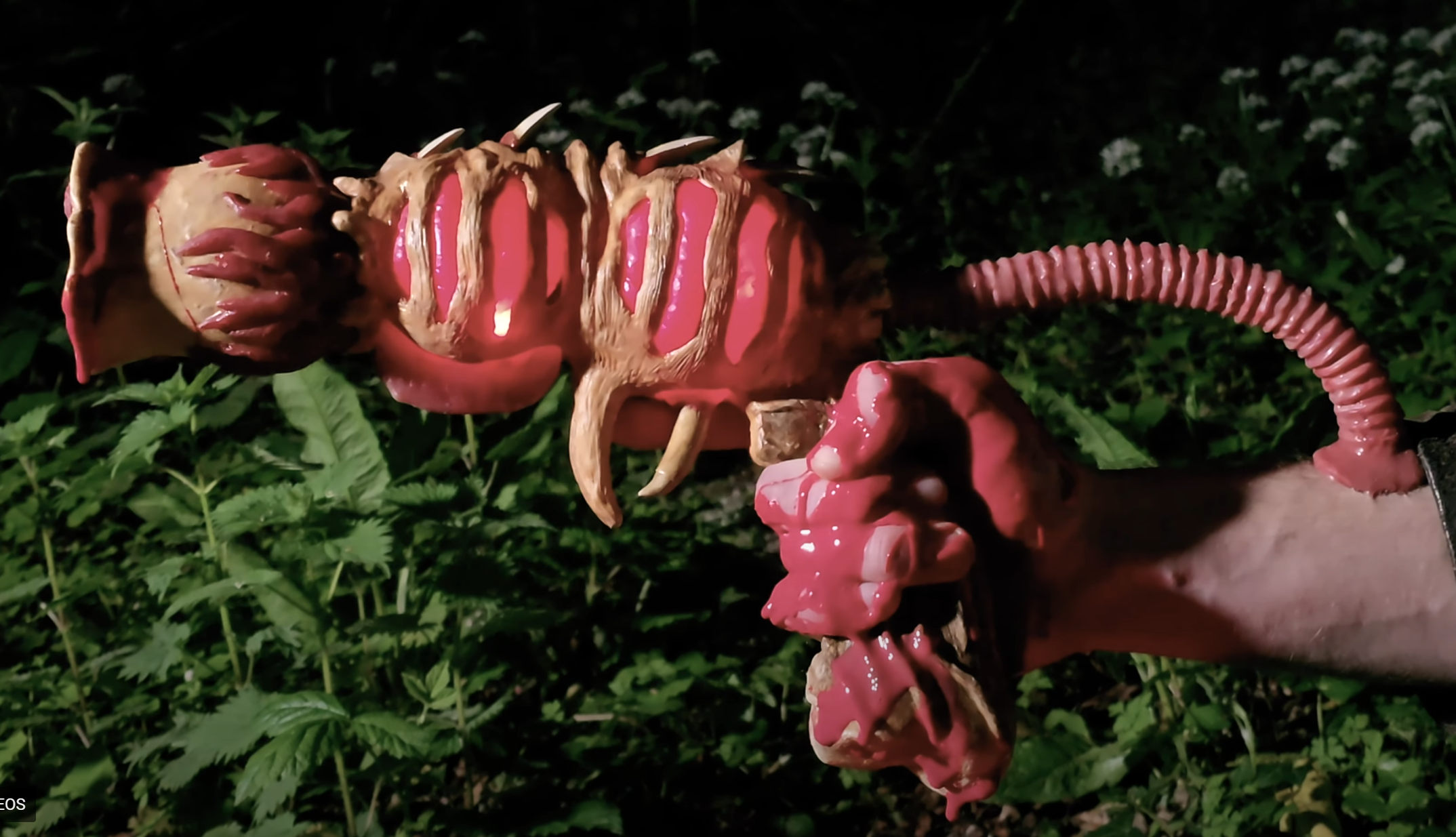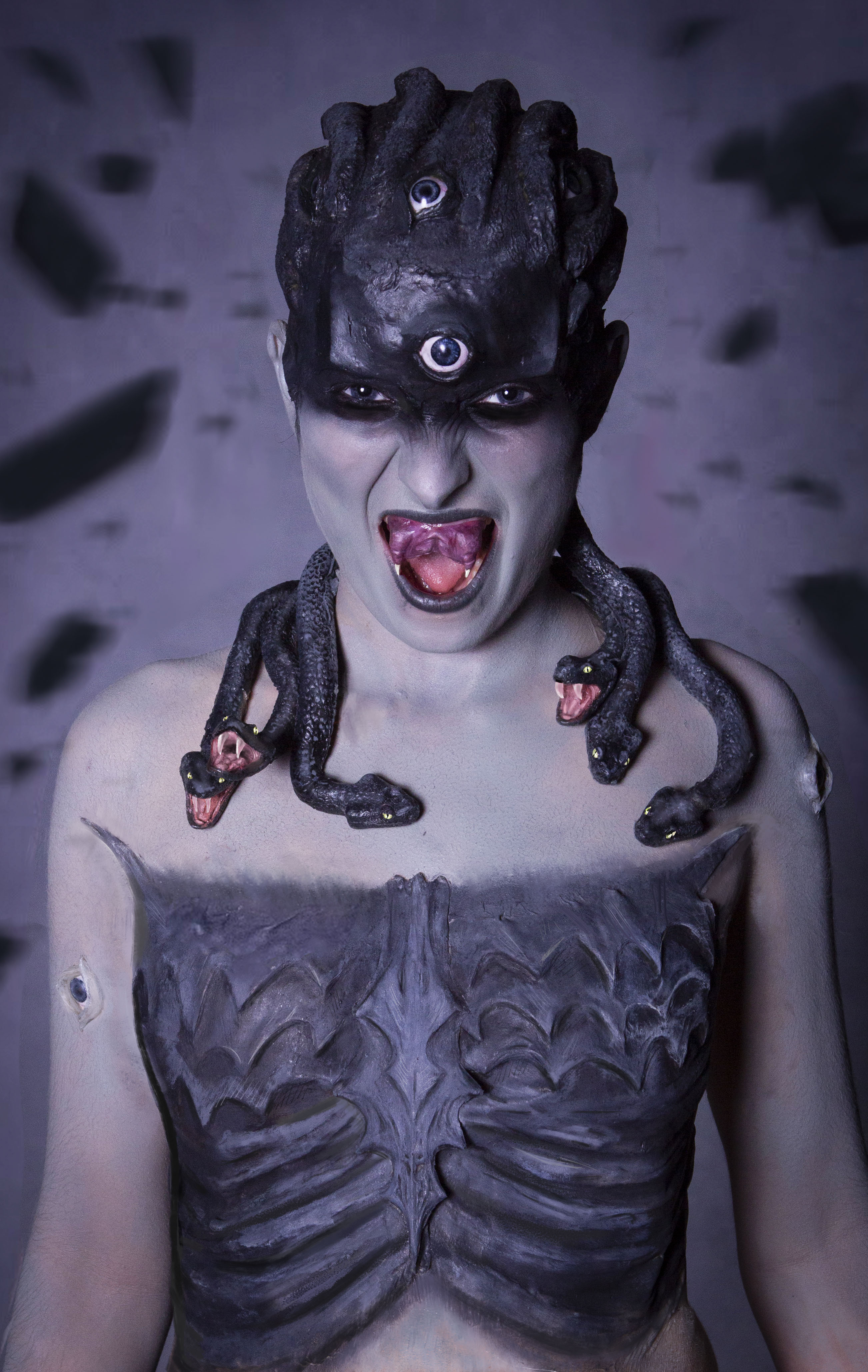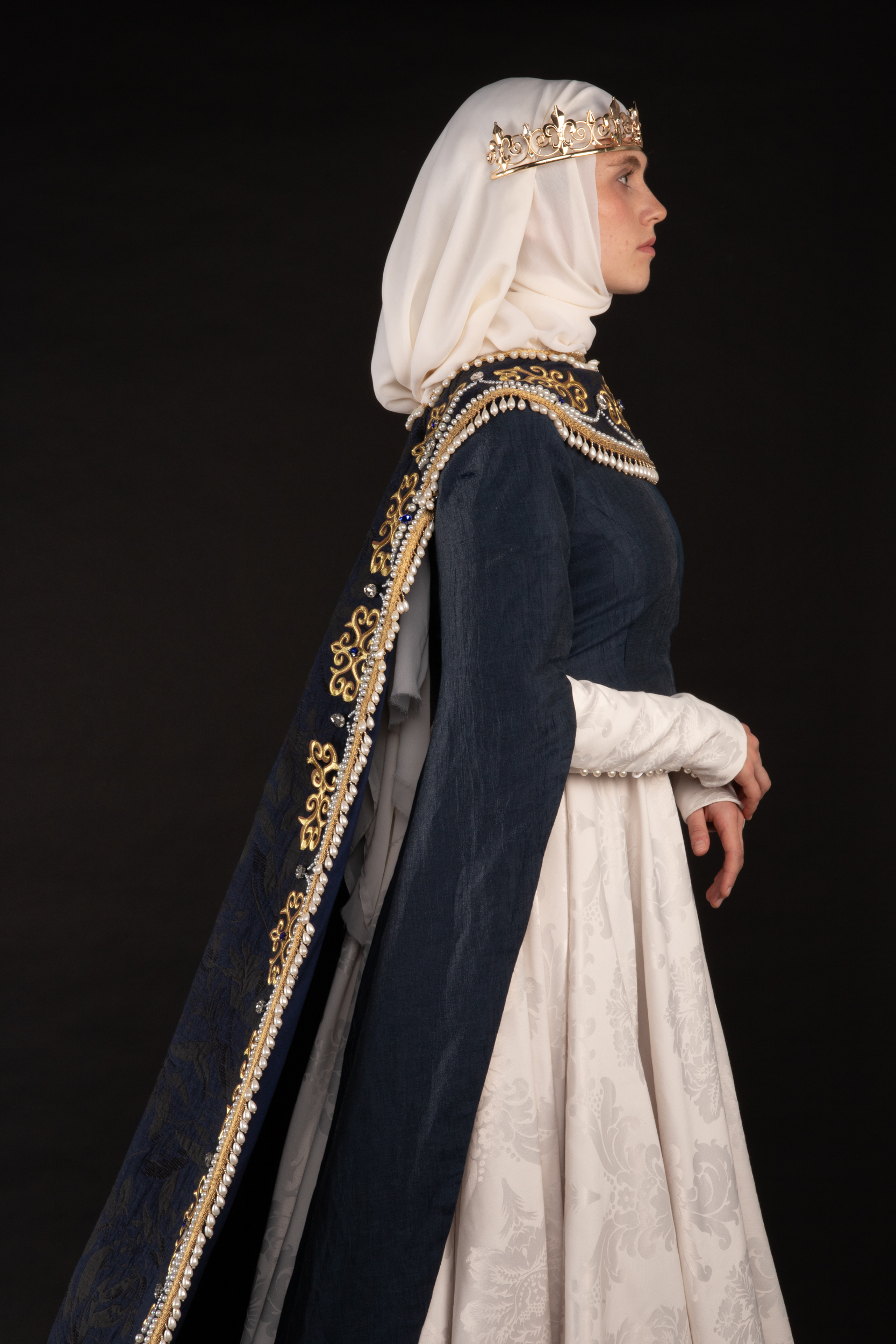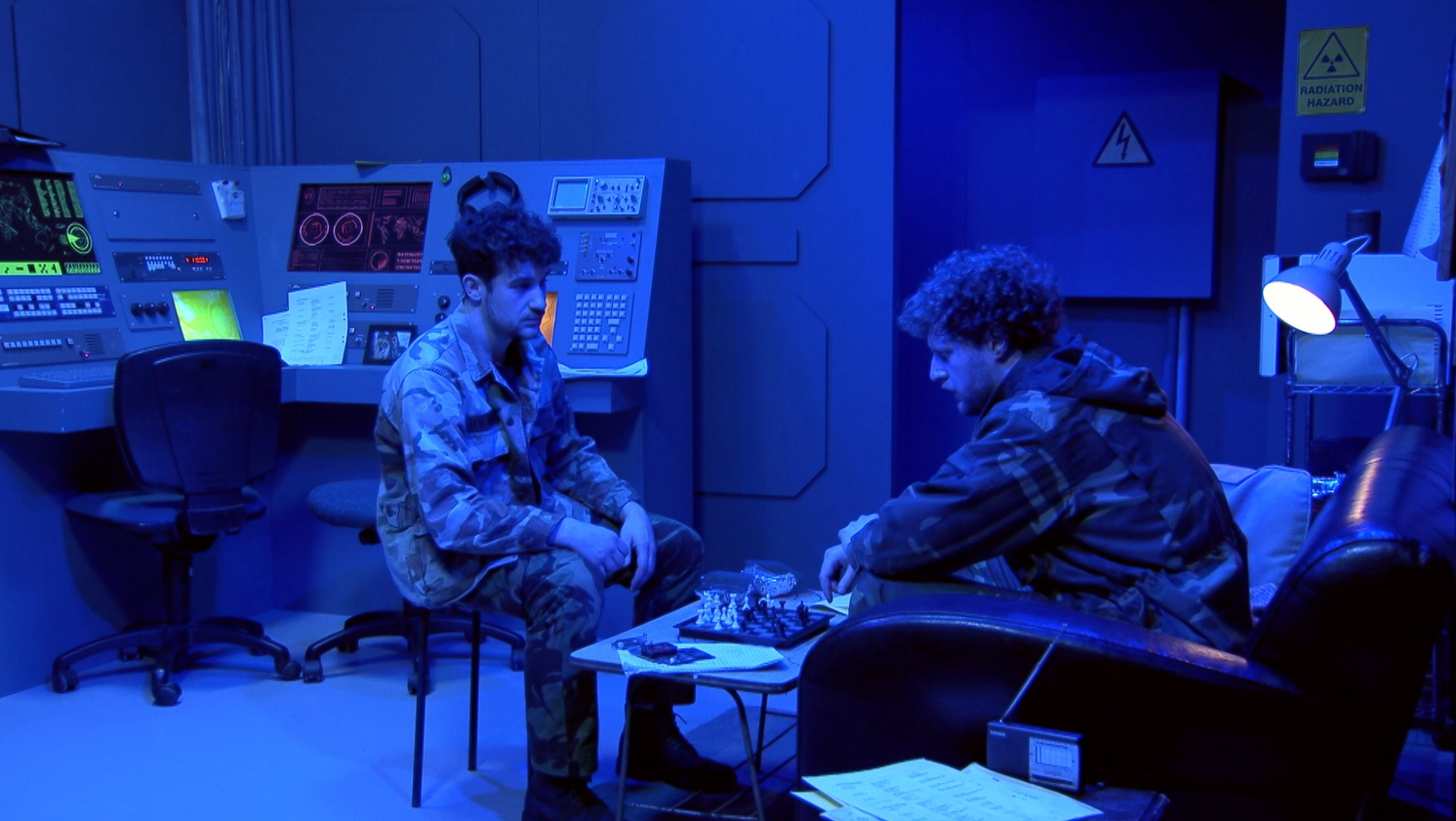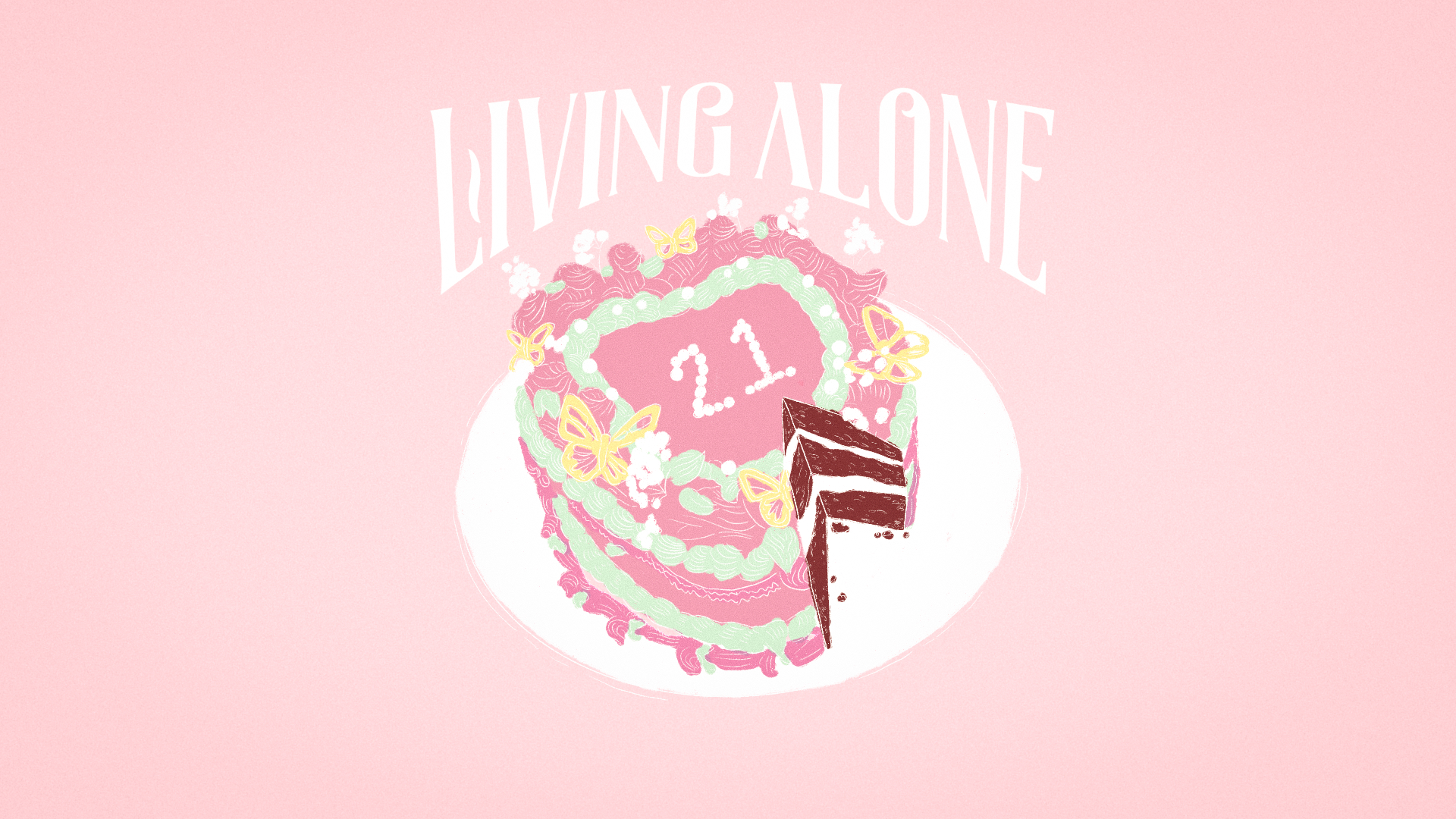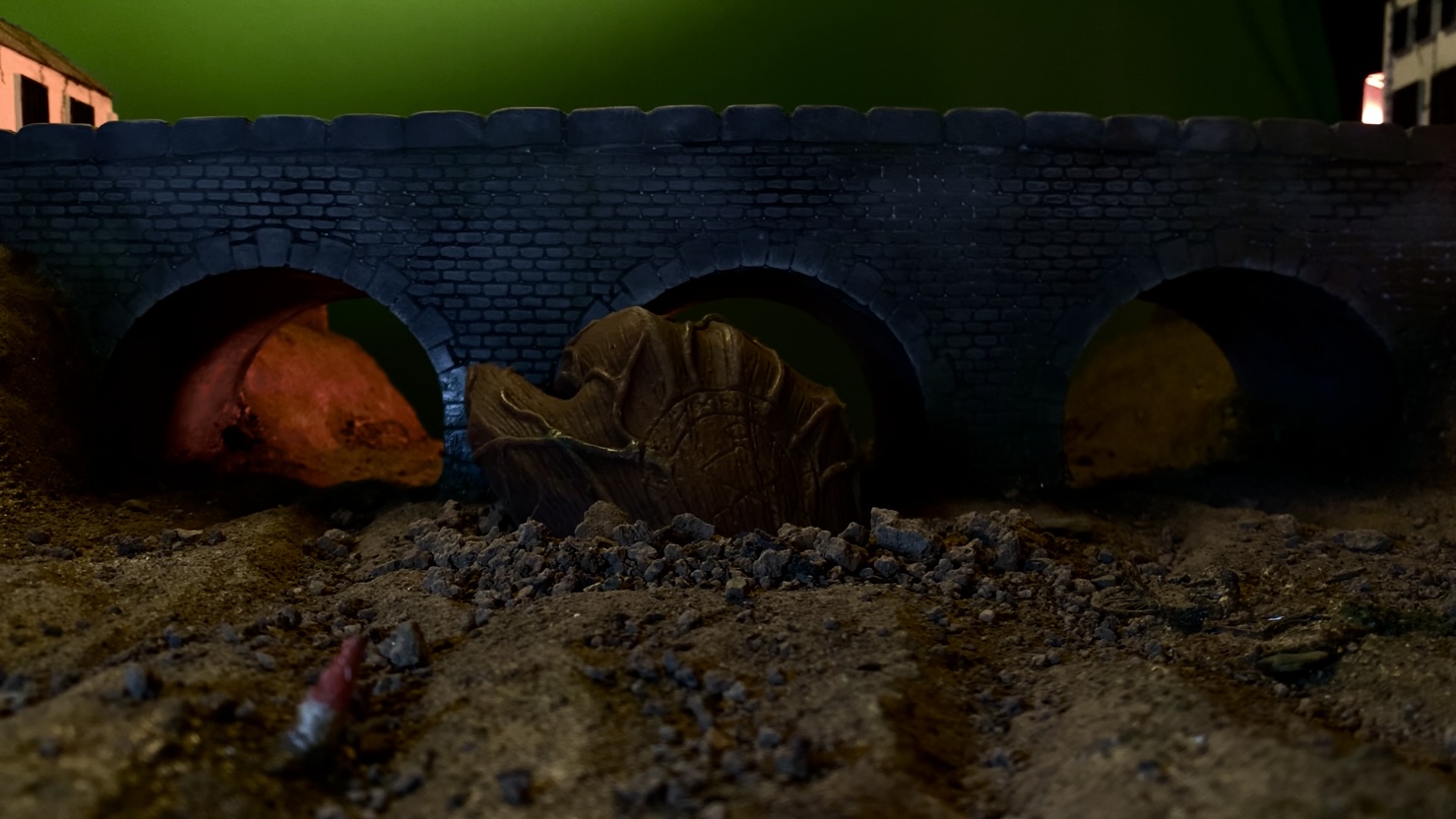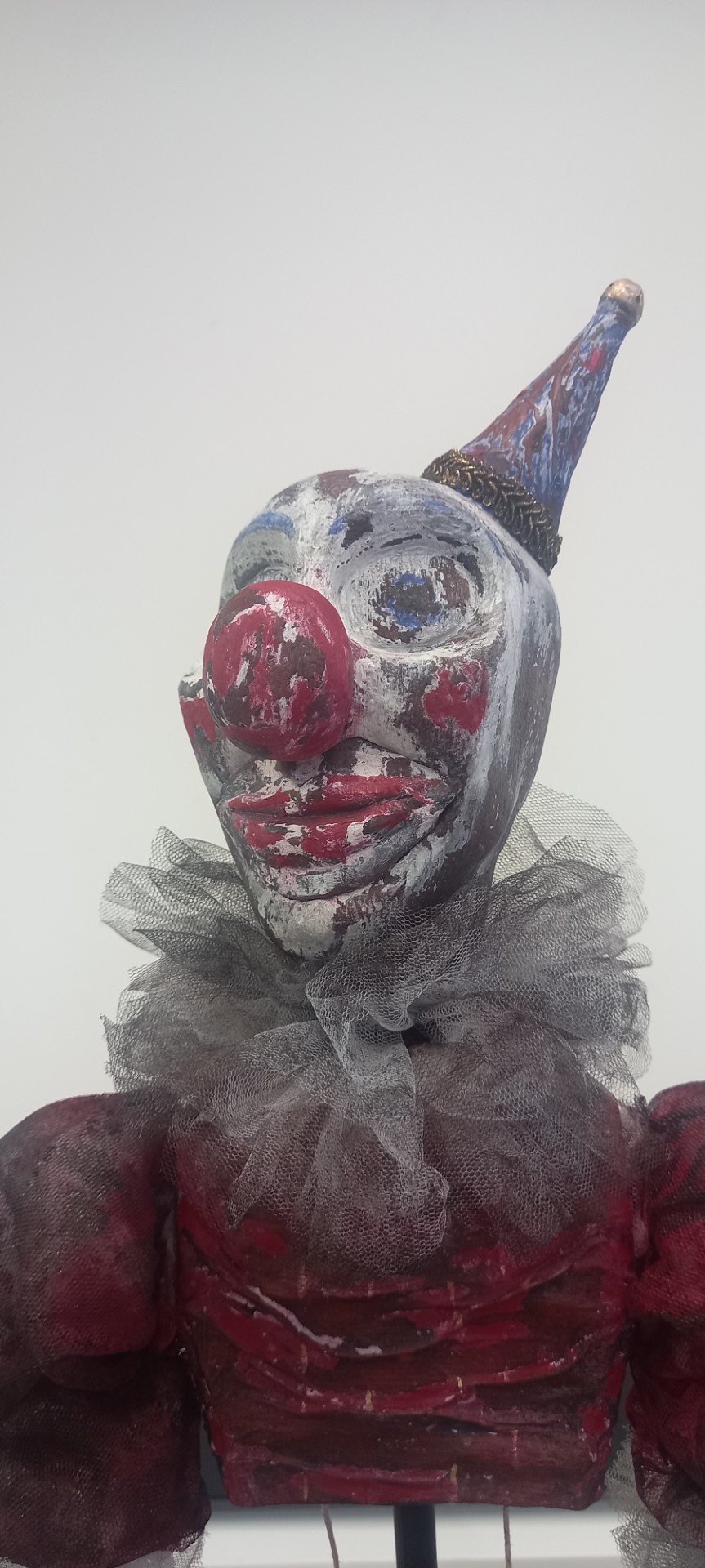
Harry Wainwright
As part of my major I had to do a speculative project and design sets for a soap opera set in the fictional coastal village of Kilfarhnam. Being from the small coastal village of Ballyvaughan, I took inspiration from the area I grew up in. In Ireland some of the busiest areas for tourism is on the coast which brings a lot of business to hospitality in small towns. This is why I chose to focus on designing sets to represent the small businesses that are the key parts of coastal villages. Set in the present day along the coast of North Clare, I designed a cozy old fashioned pub called McNamara's, an attached living space belonging to the pub owner's family and a small fishing boat docked at the pier that has been converted into a coffee shop.
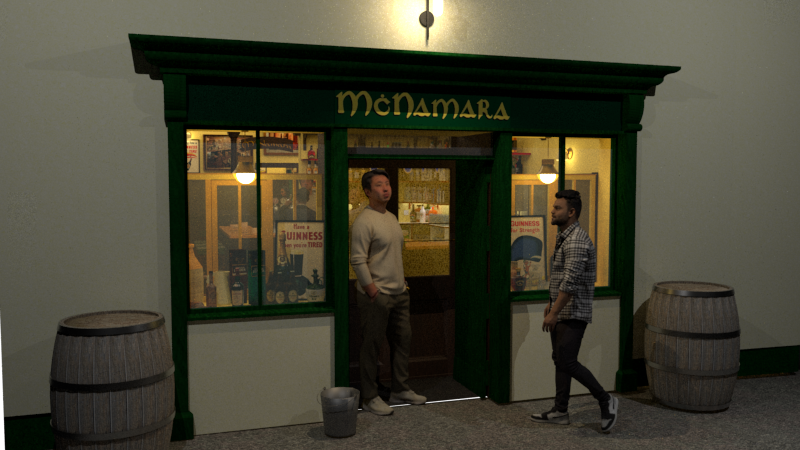
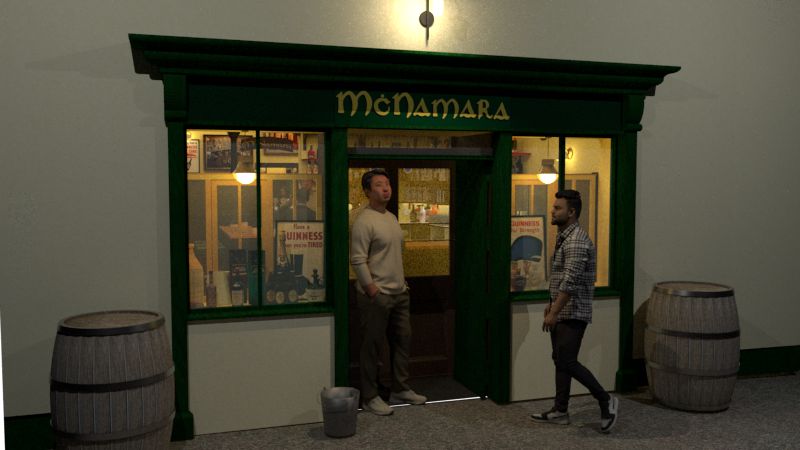
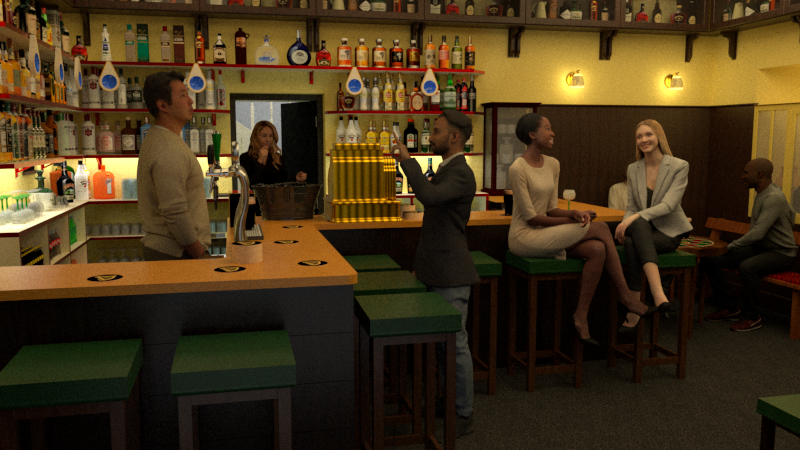

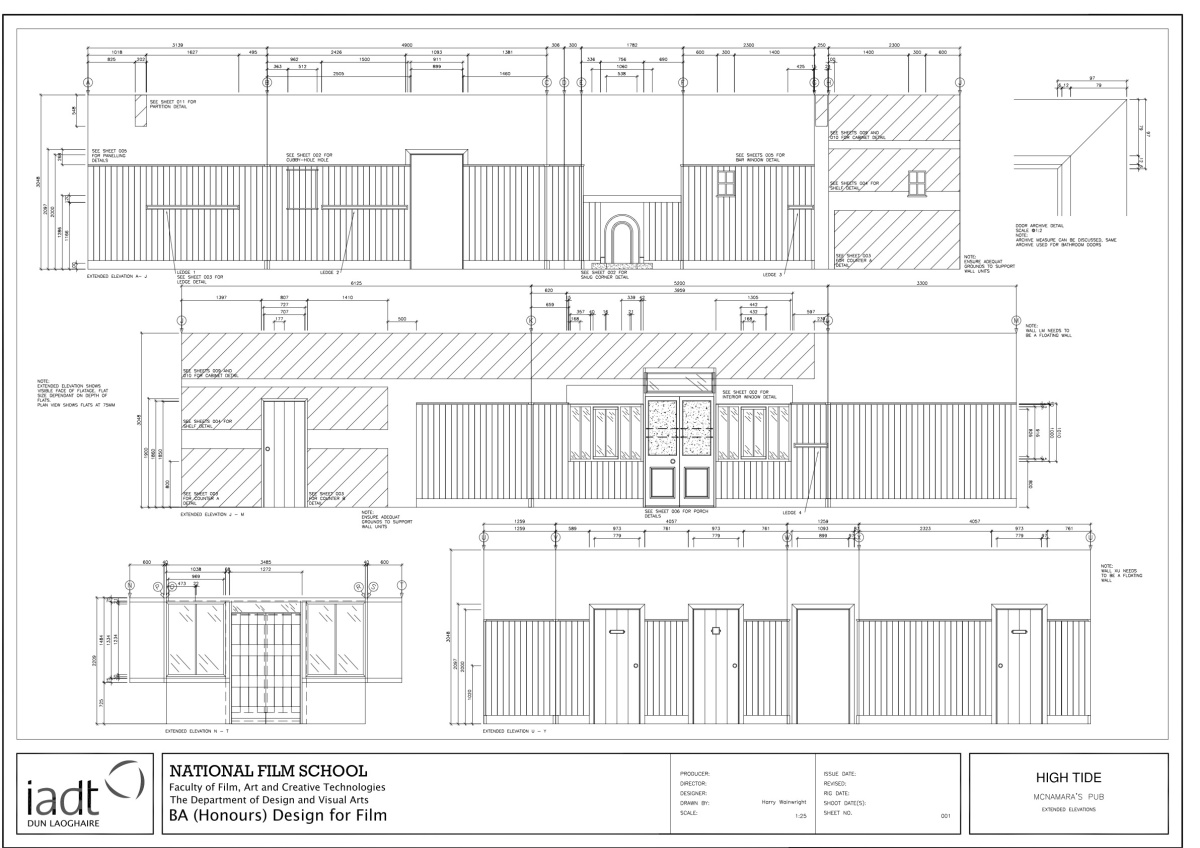
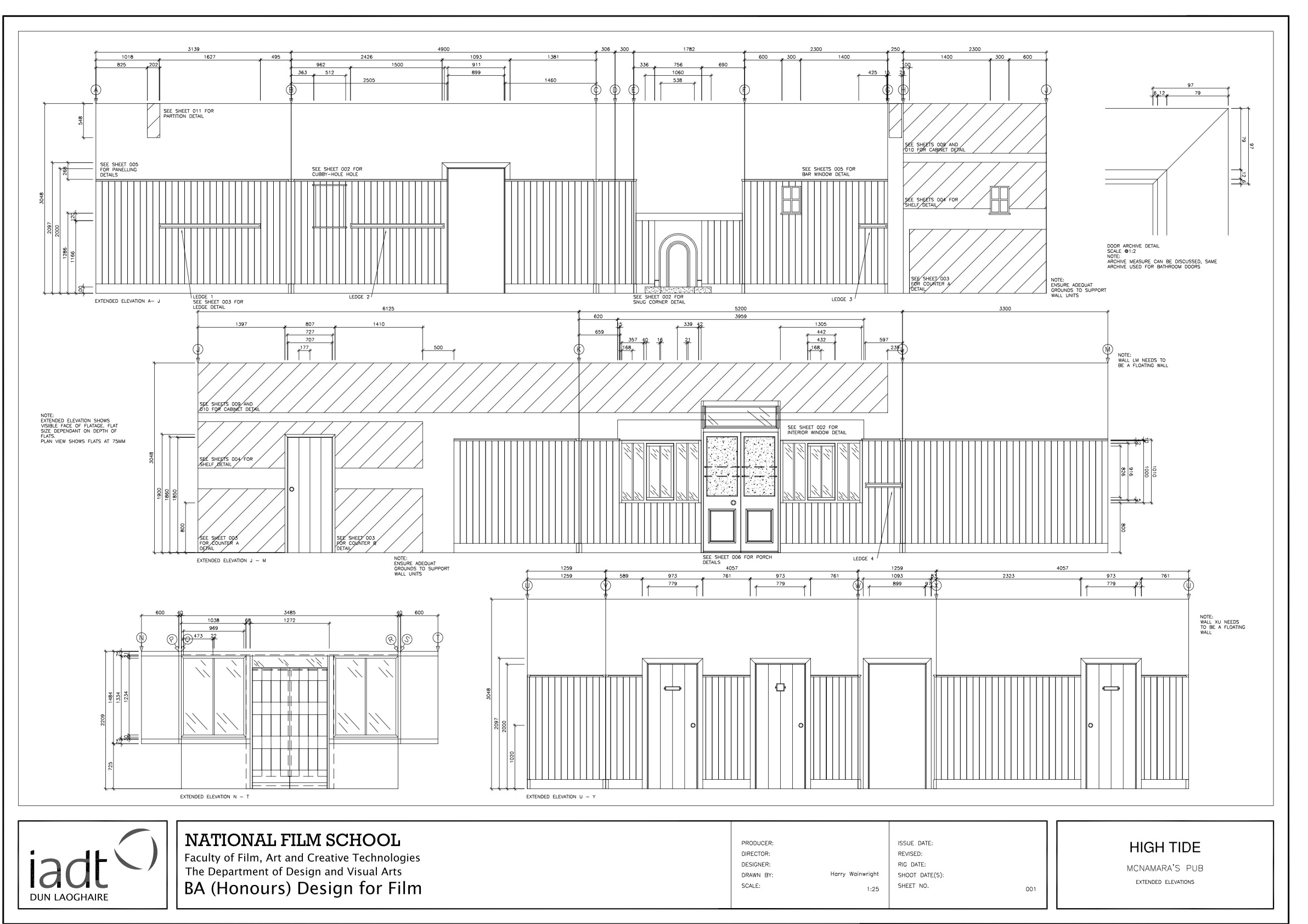

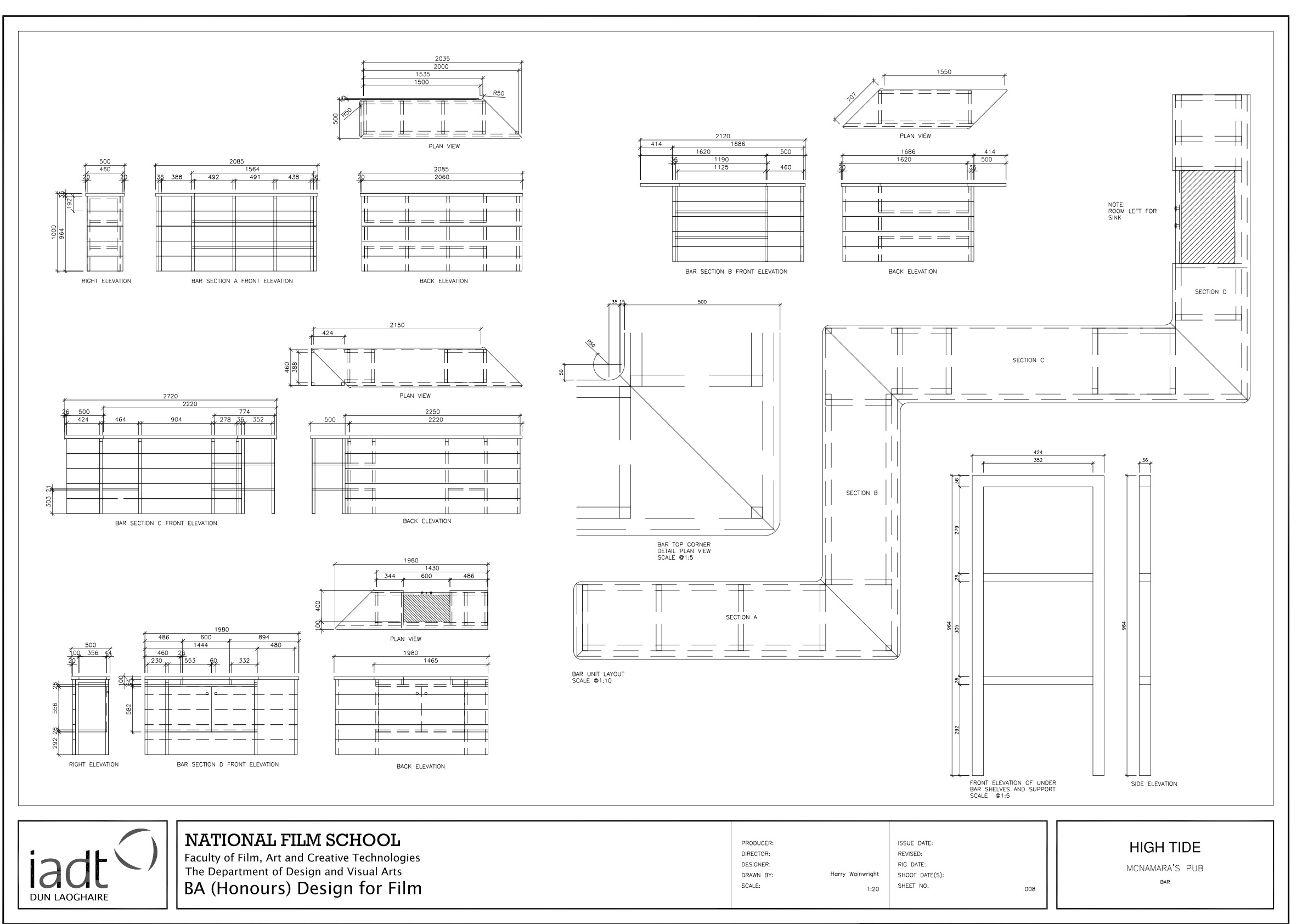
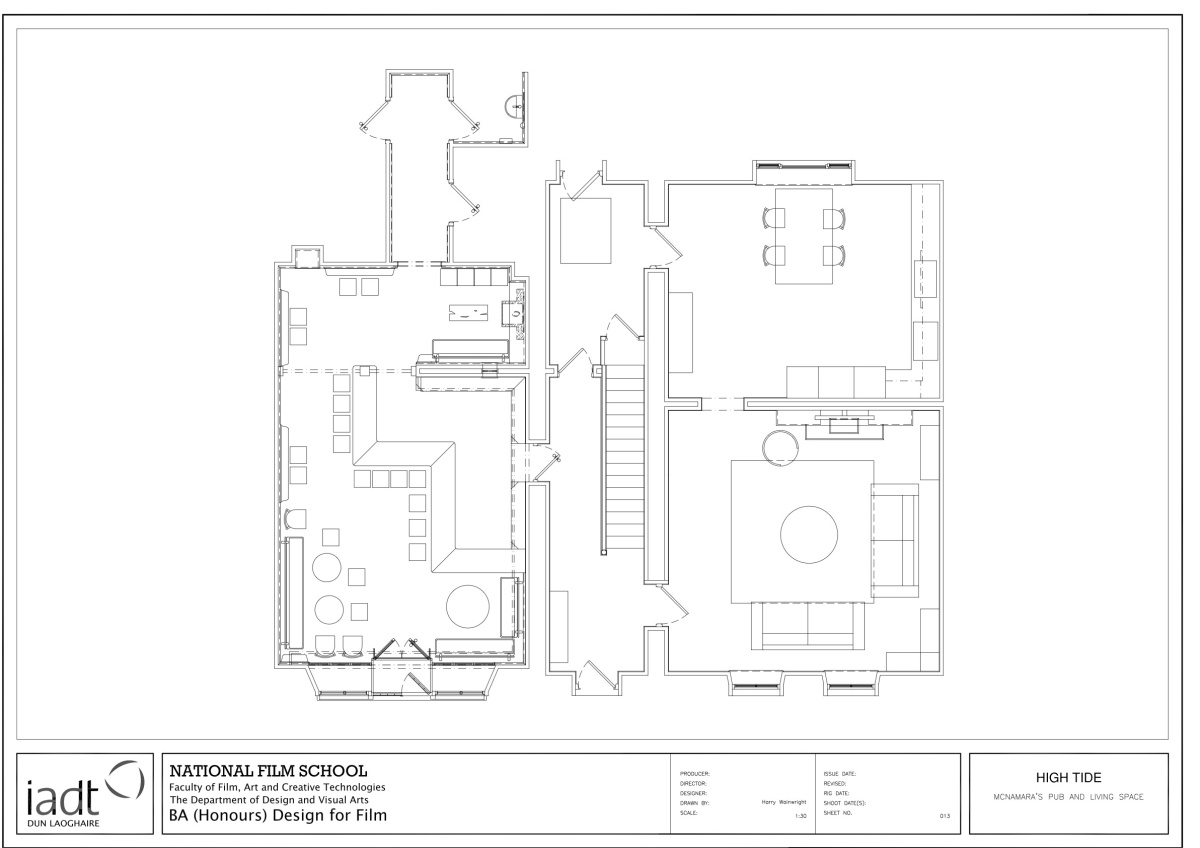
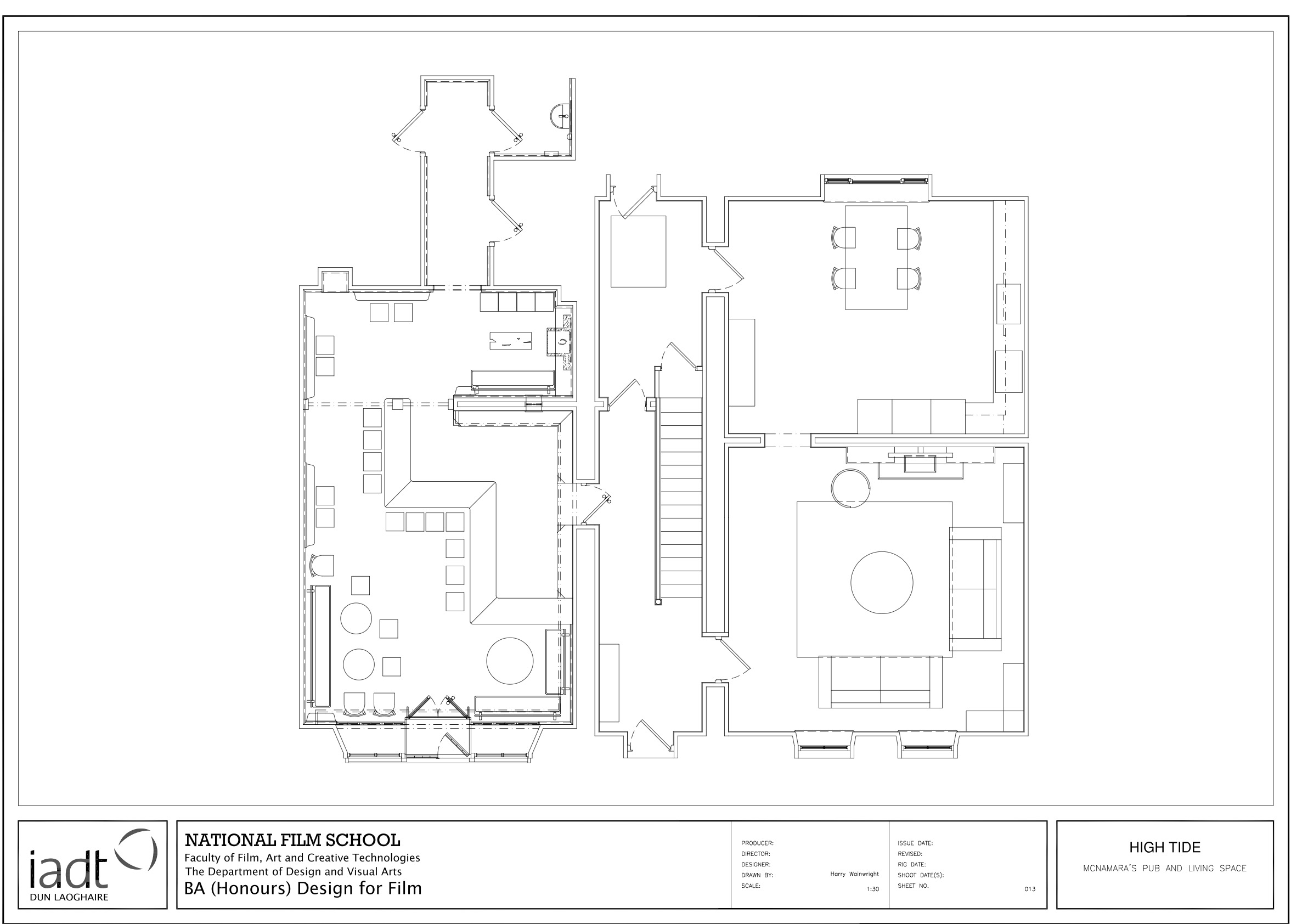
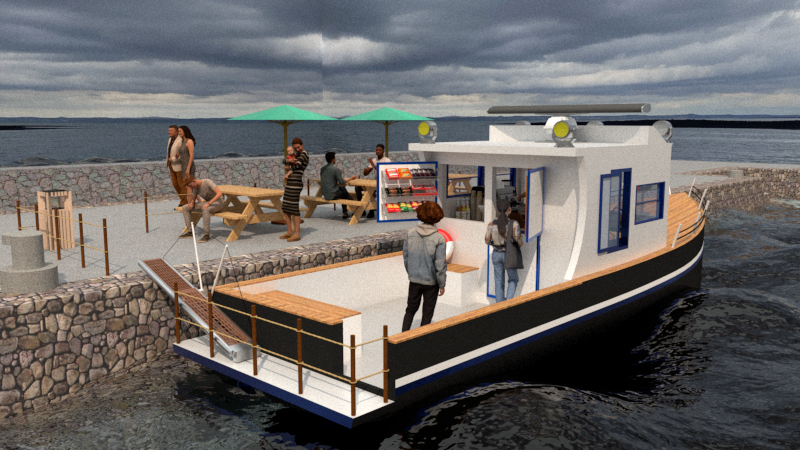
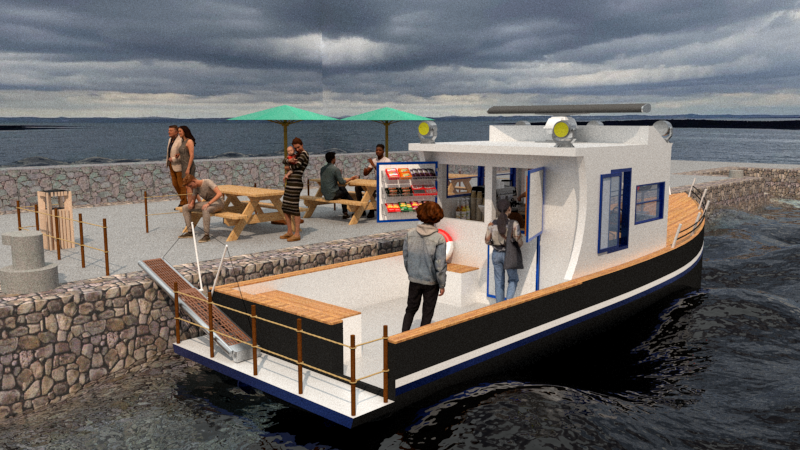
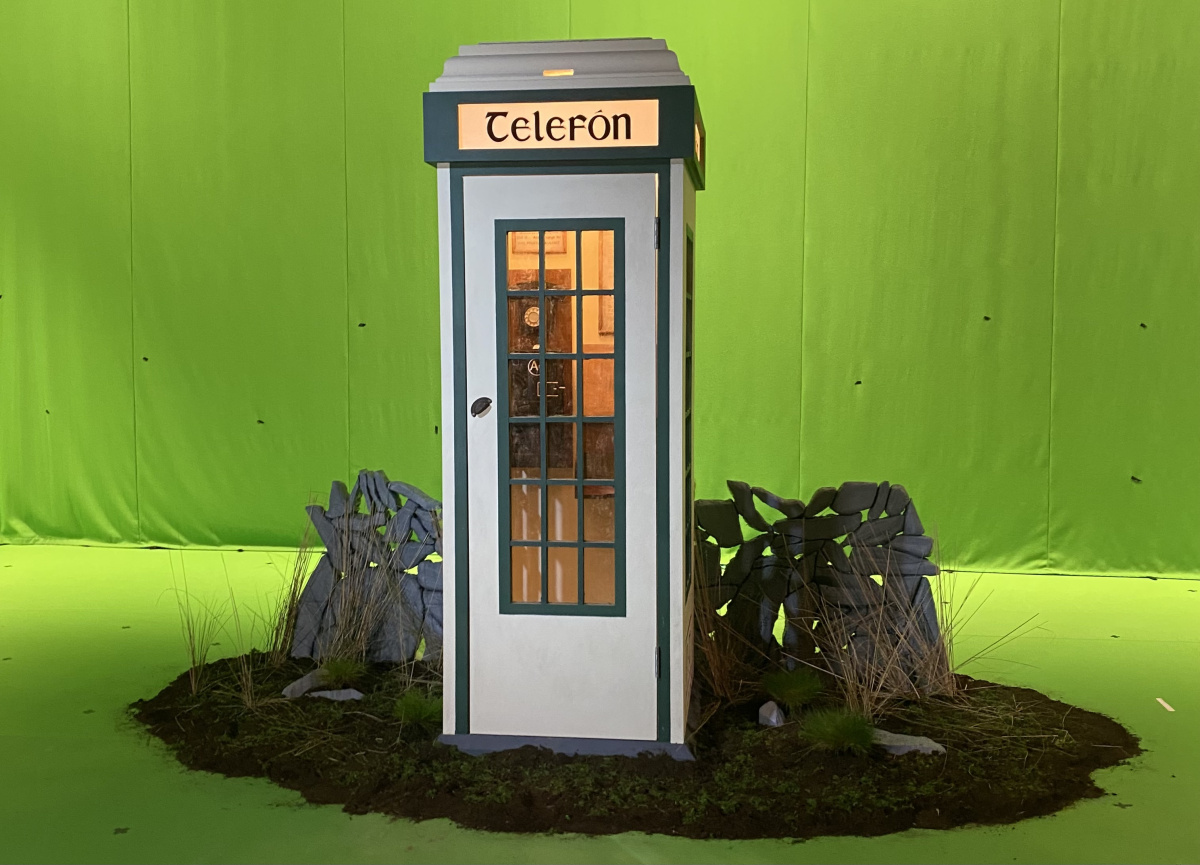
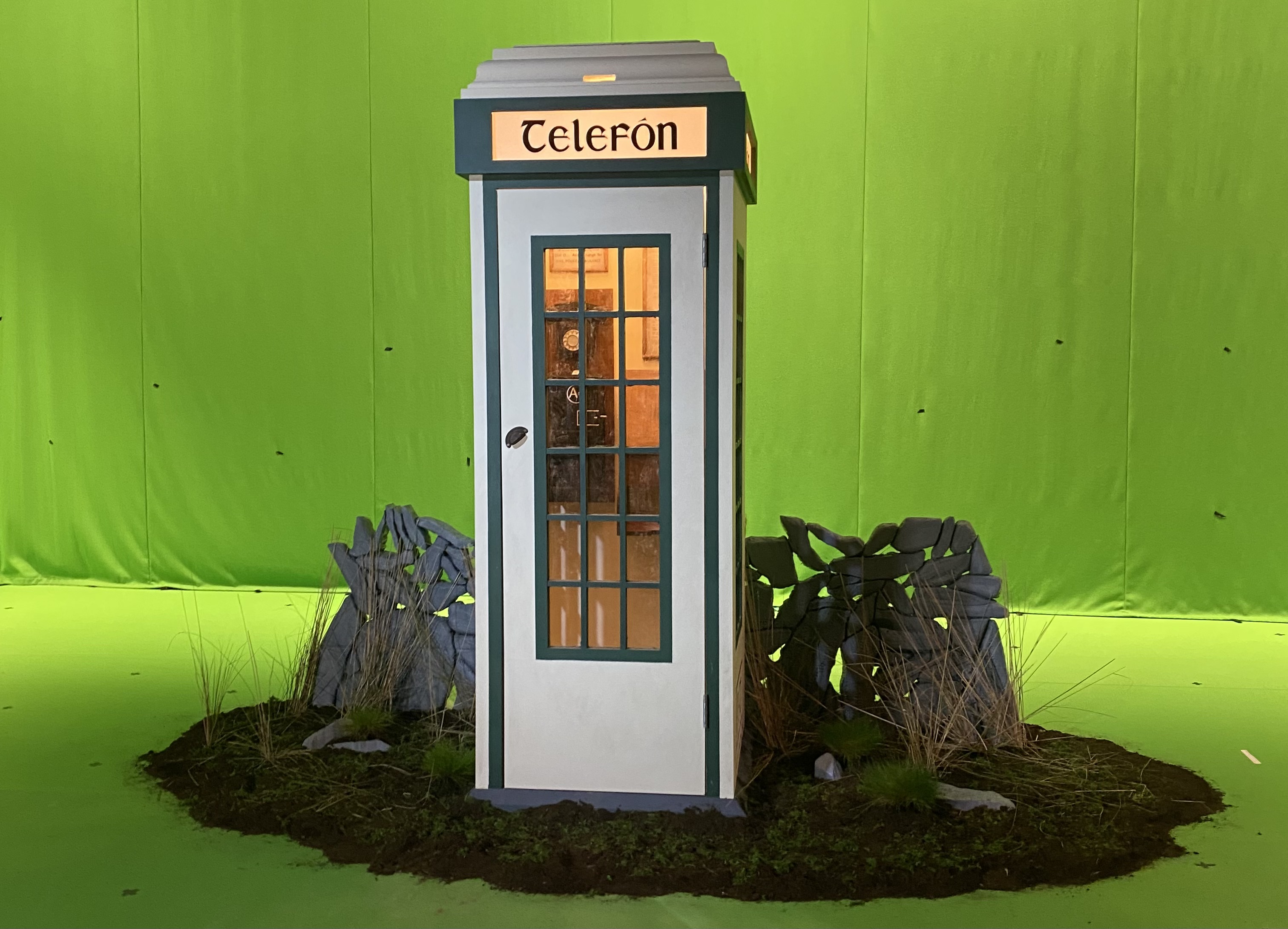
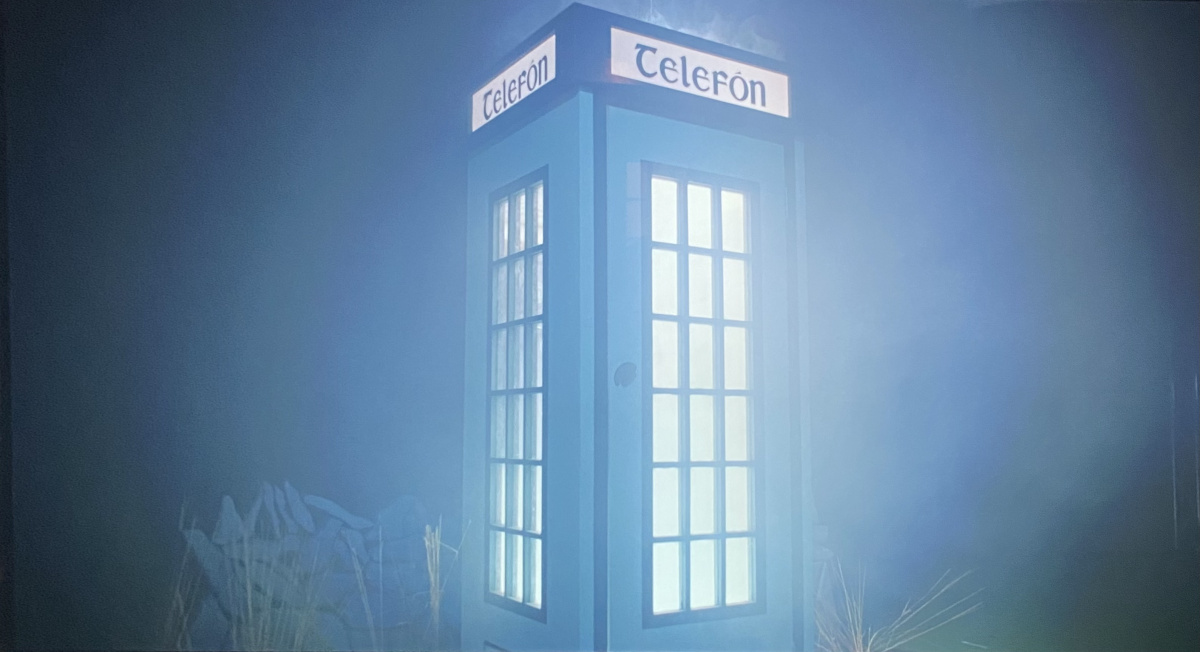
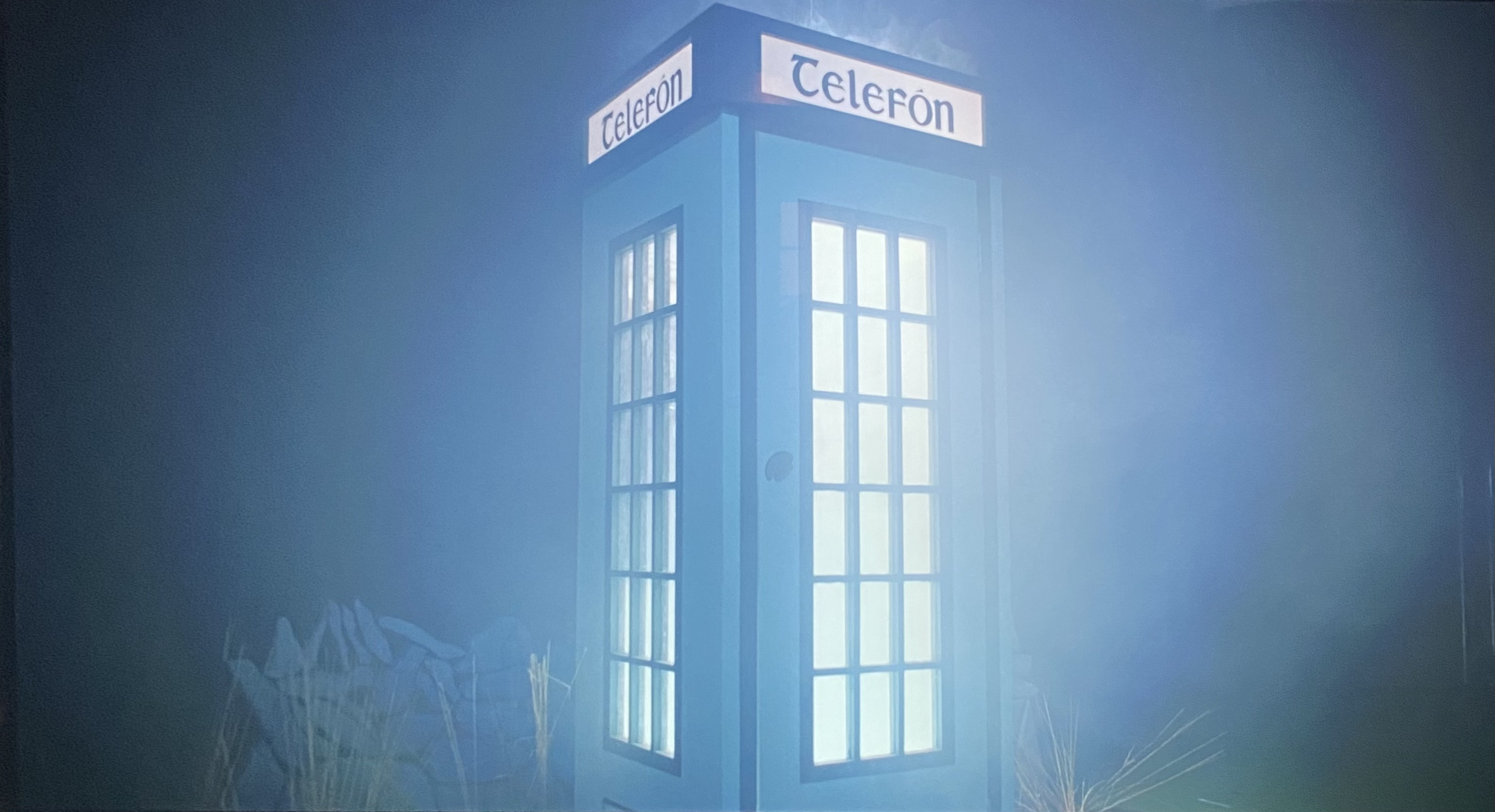
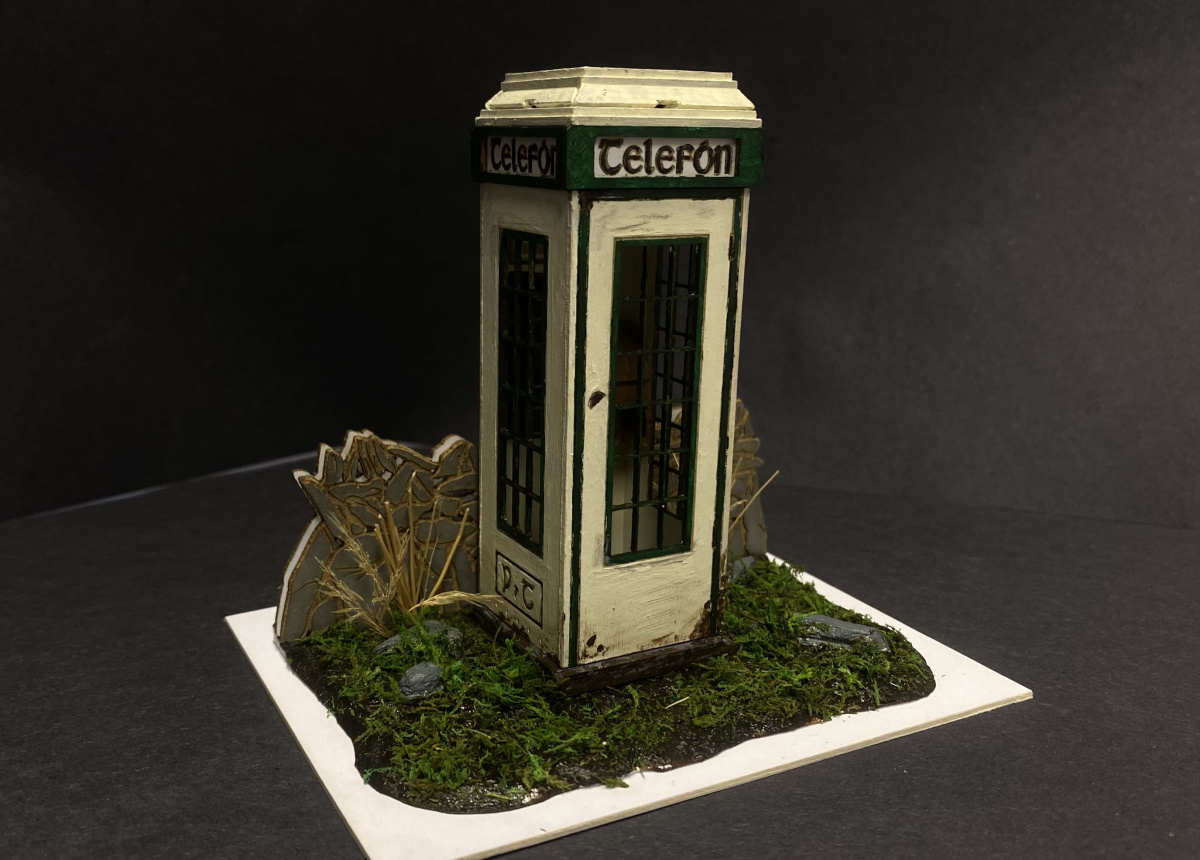
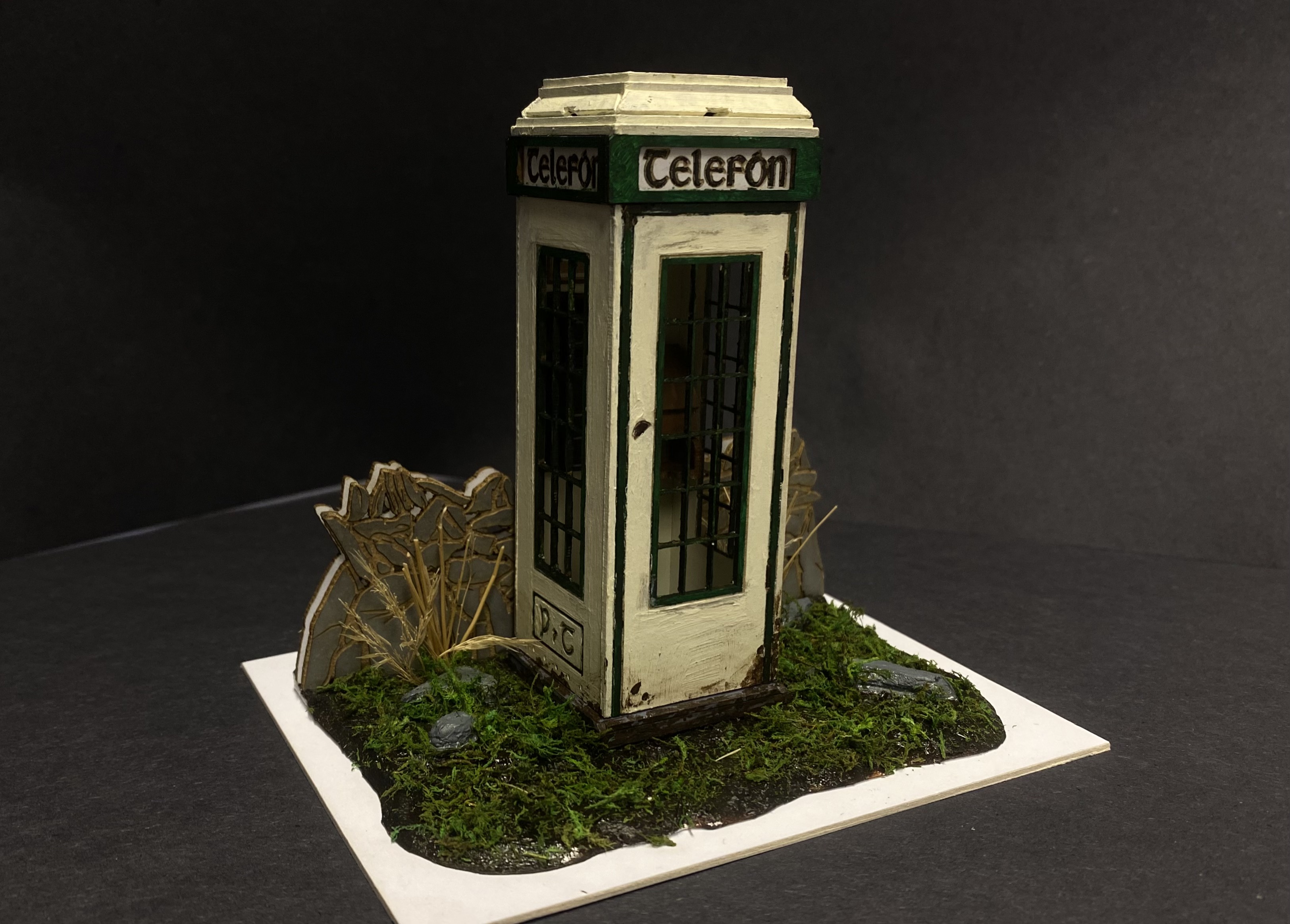
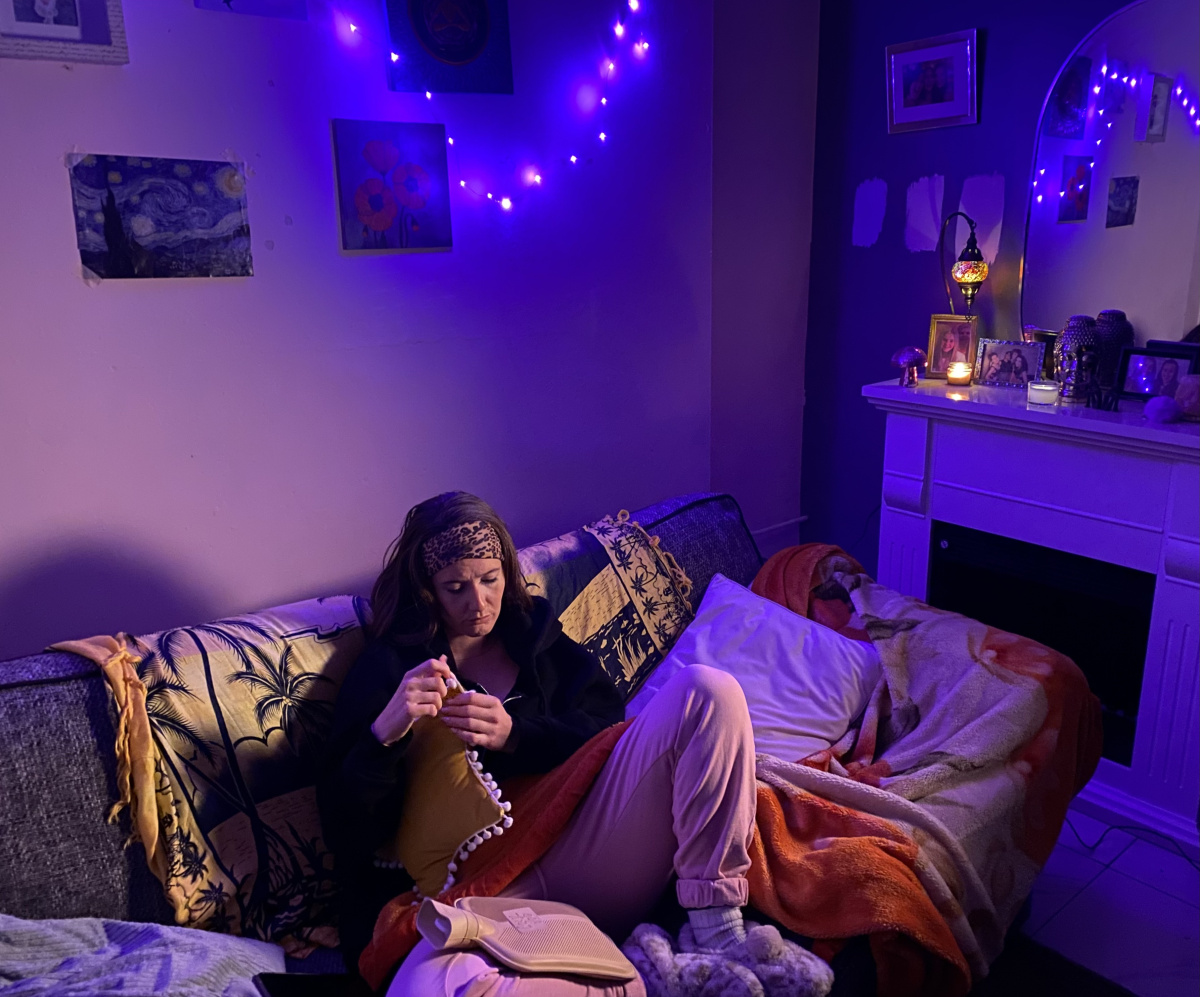
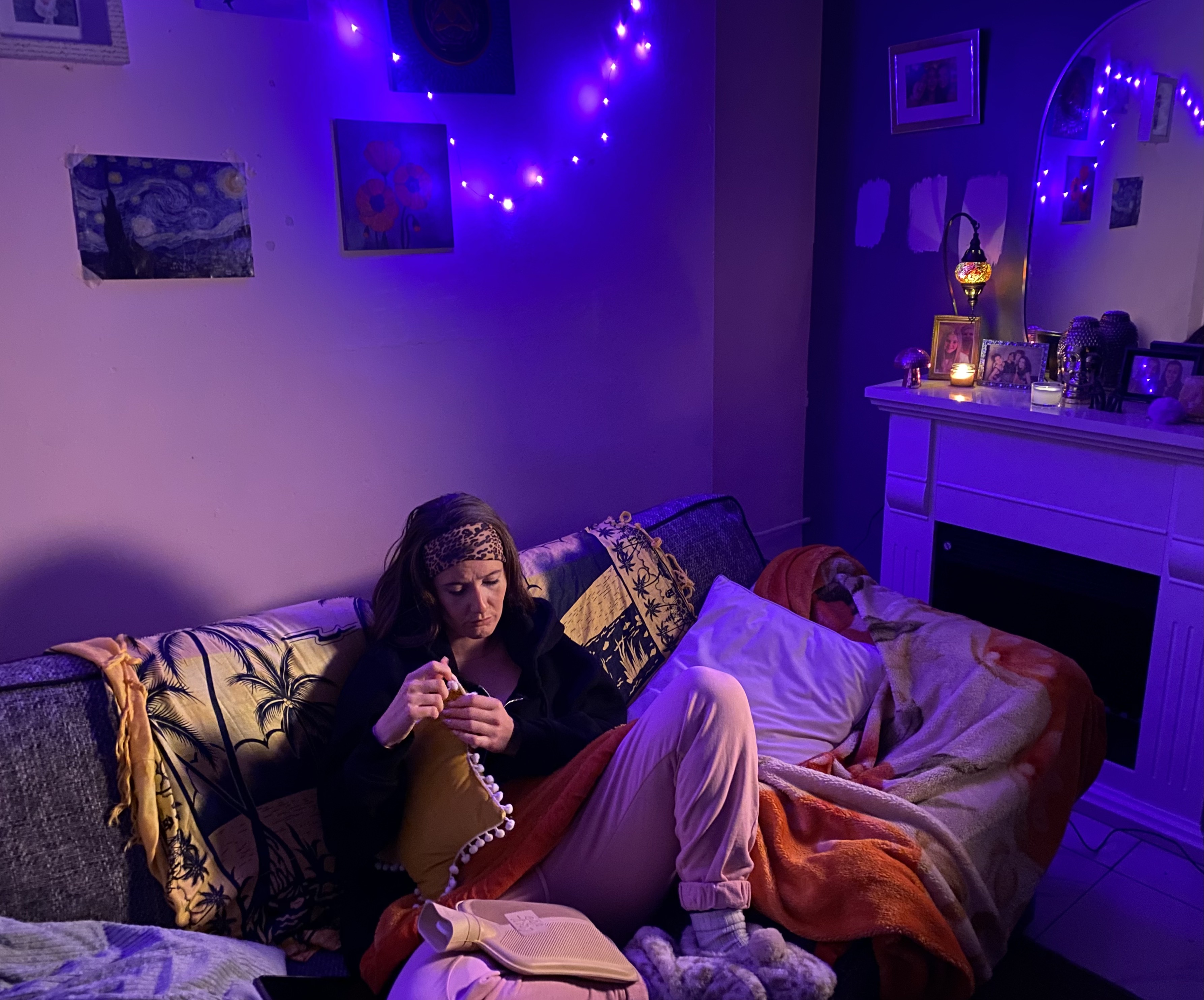
True crime dramas have become a rising genre of film and television in recent years.
When retelling these stories, they are often told from the point of view of the
character who commits the crime as opposed to the victim, giving the audience an
insight into the mind and experiences of the perpetrators often referred to as
“monsters”. A common aspect of a monster’s story is their lair, a physical landscape to explore and reflect their psychological and emotional state, giving a deeper understanding of the character to the audience.
Netflix’s Dahmer – Monster; The Jeffrey Dahmer Story (2022) and HBO’s Love and
Death (2023) are two of the most recent true crime adaptations where both main characters were considered to be monsters. The production design of these shows and the monsters’ lairs plays a part in expressing their differences, but also their similarities. The idea that their true self is expressed through these settings is clear from the actions that take place within their ‘lairs’. The tactics and reasoning behind their actions can be seen as a reflection of monsters in folklore and history.
The aim of this thesis is to understand if the recreation of horrific events on screen can make us question, as a society, how we define a monster and how the production design and habitus play a part in how it is depicted on screen.

Harry has recently finished his fourth and final year of Production Design for Film (BA). He is from The Burren in Co. Clare, and its unique scenery inspires him throughout his creative process. He has spent the last four years learning skills in AutoCAD, SketchUp and making white card models, and has gained valuable experience working on projects associated with the NFS. At the start of 2025 he was head Production Designer on the Grad Film “Chirper”. As head of production design, he was responsible for scouting locations, prop sourcing and handling the art department budget. He worked closely with the other department heads to assure the director’s and producer’s vision for the film was brought to life.


